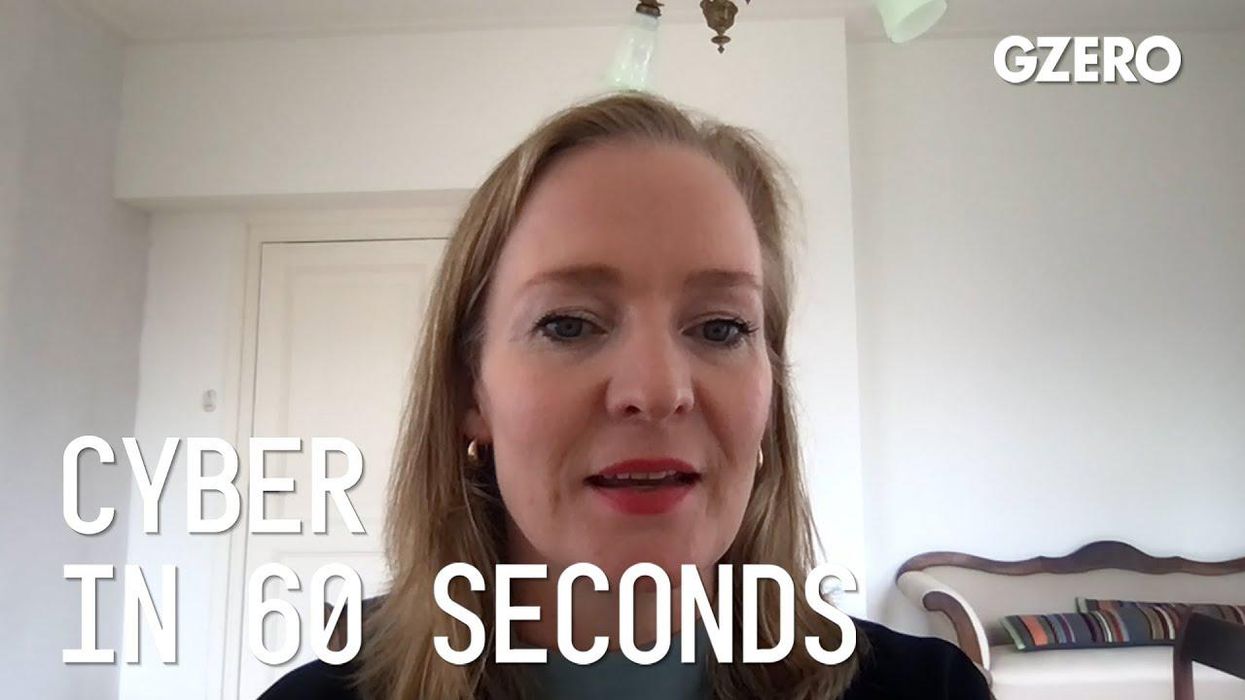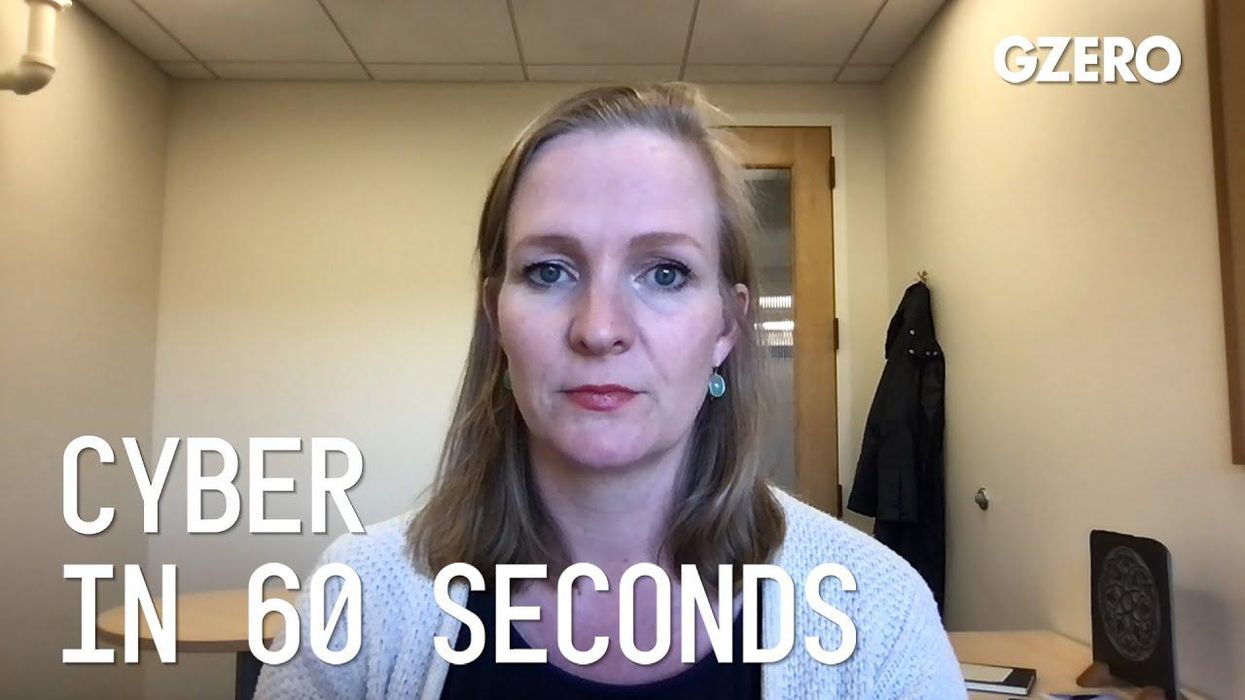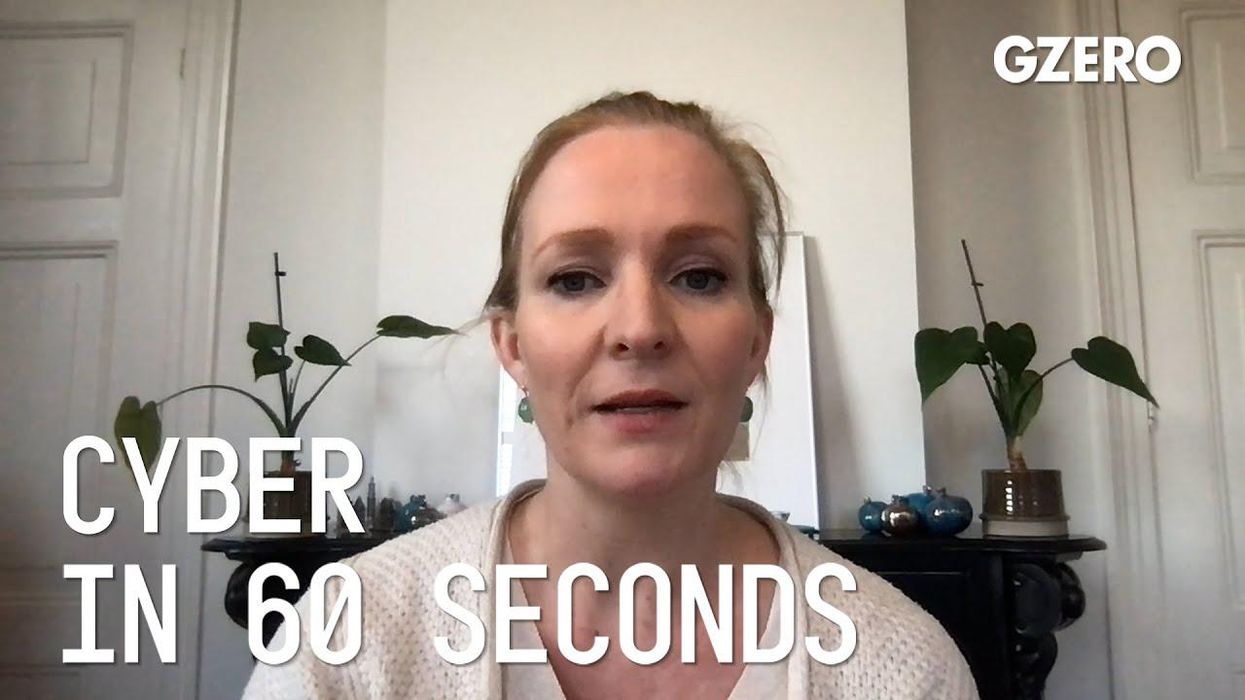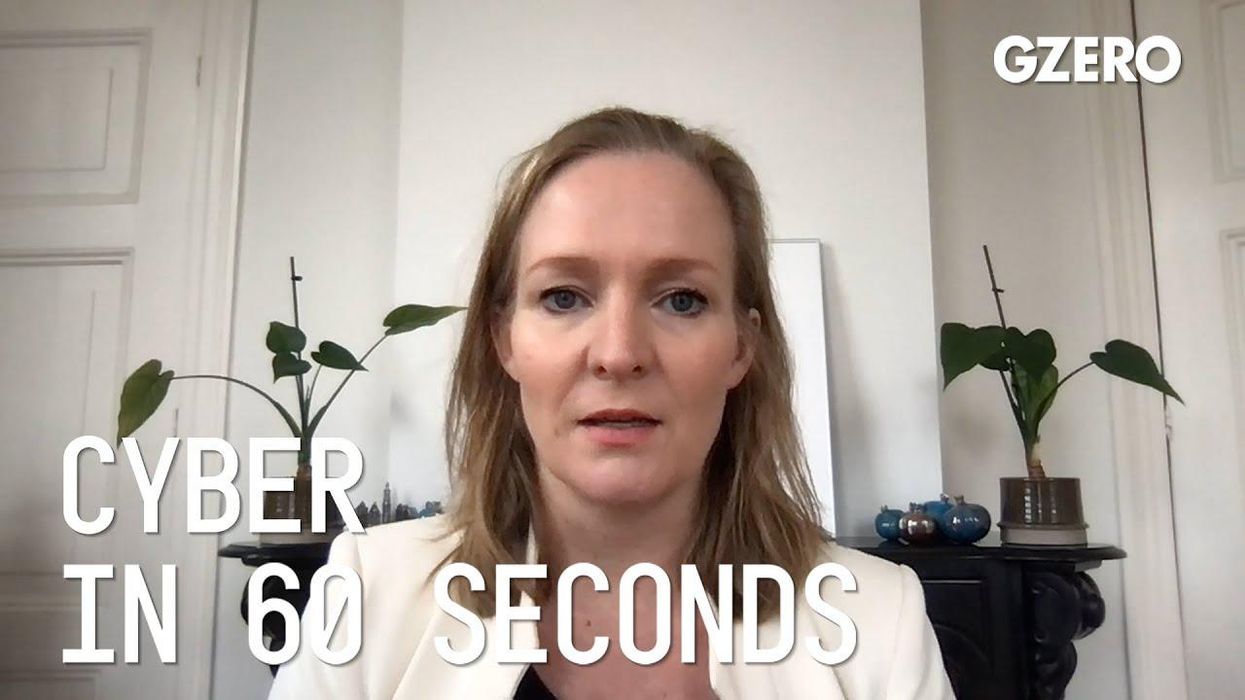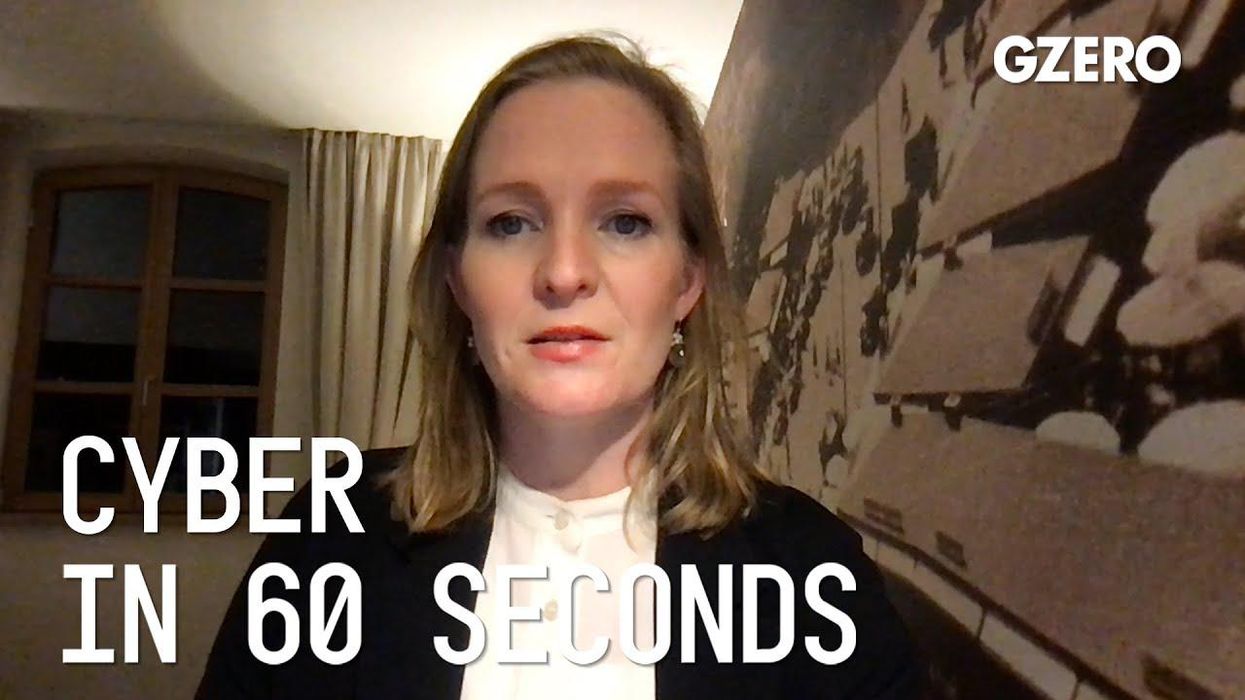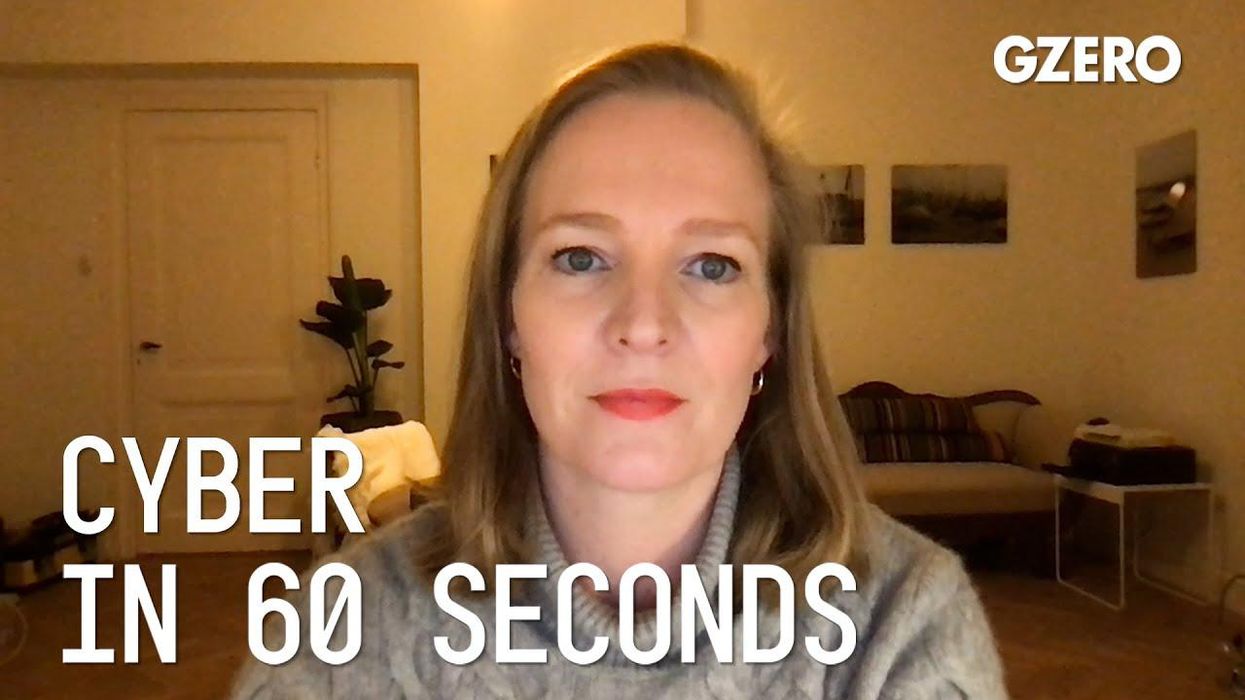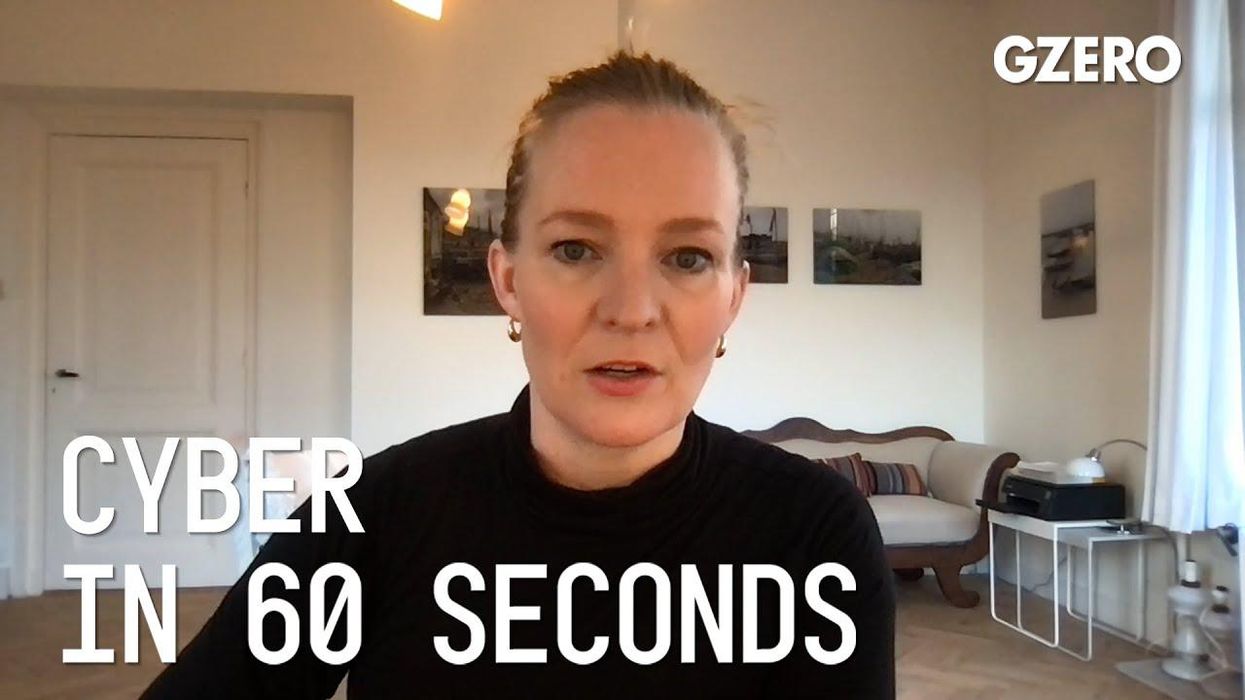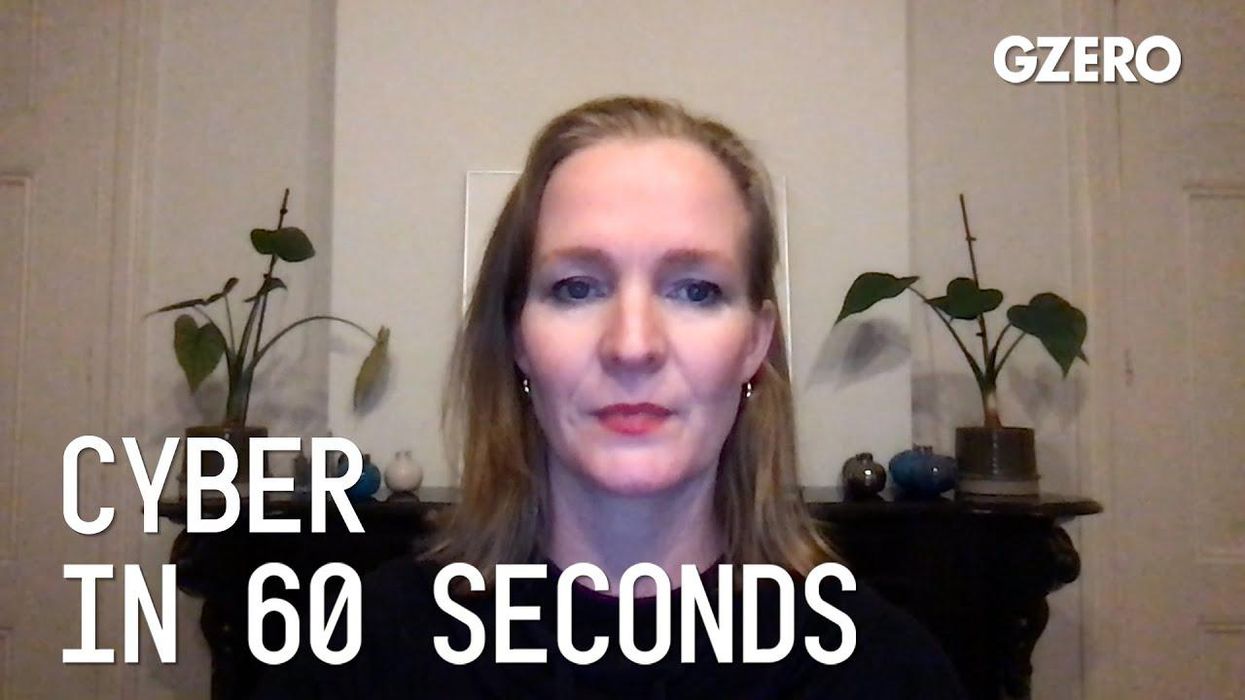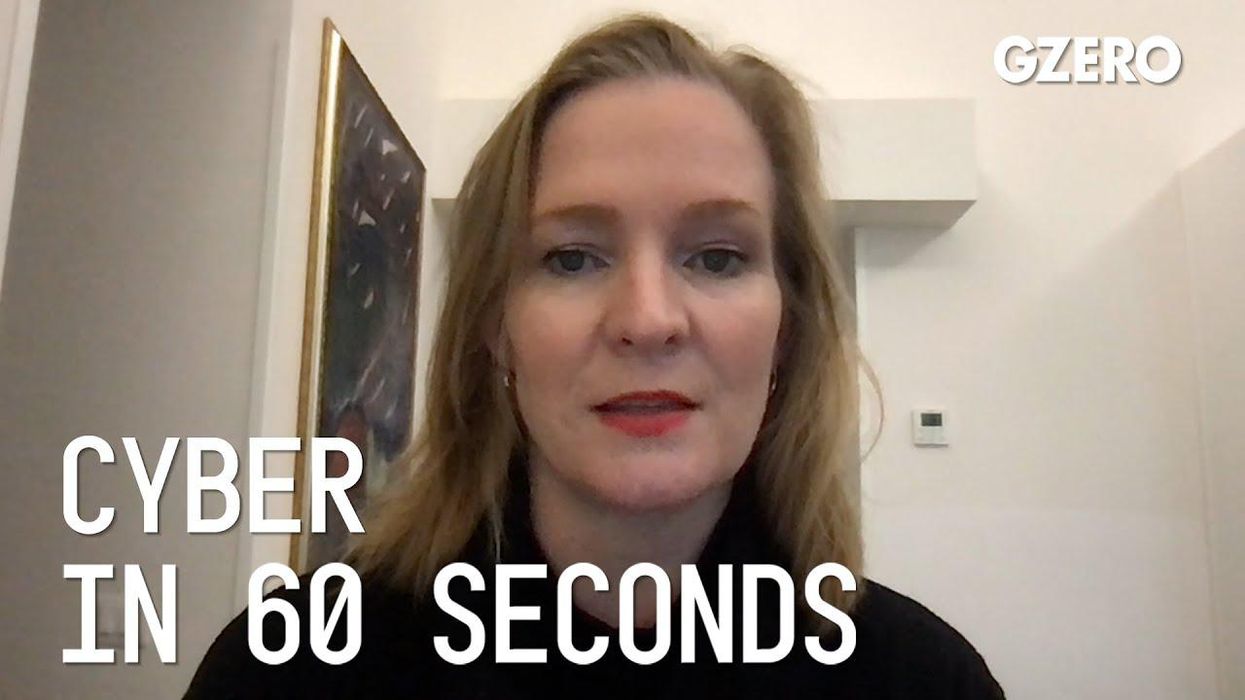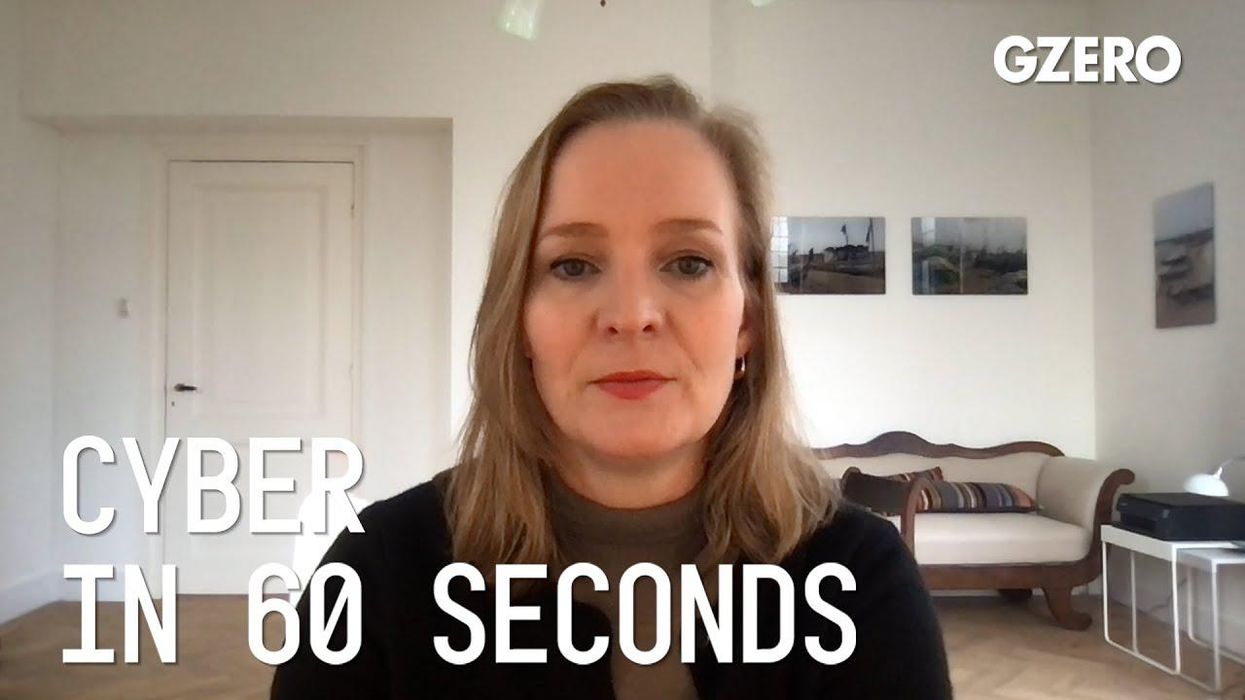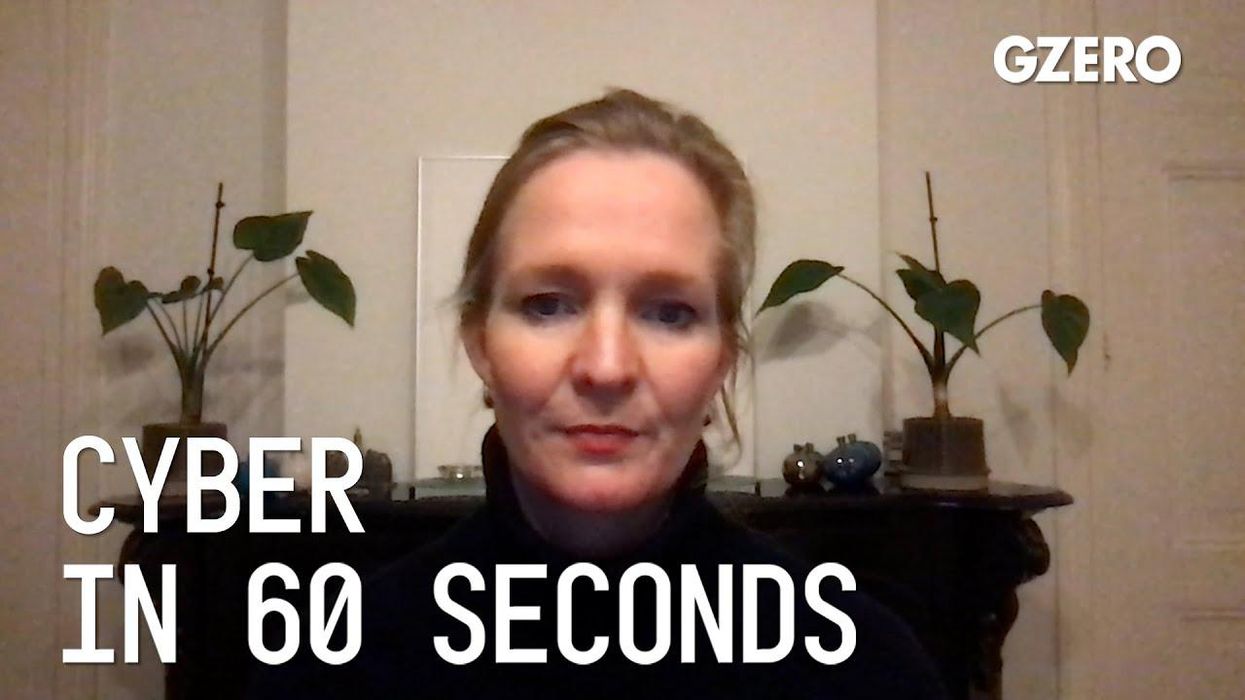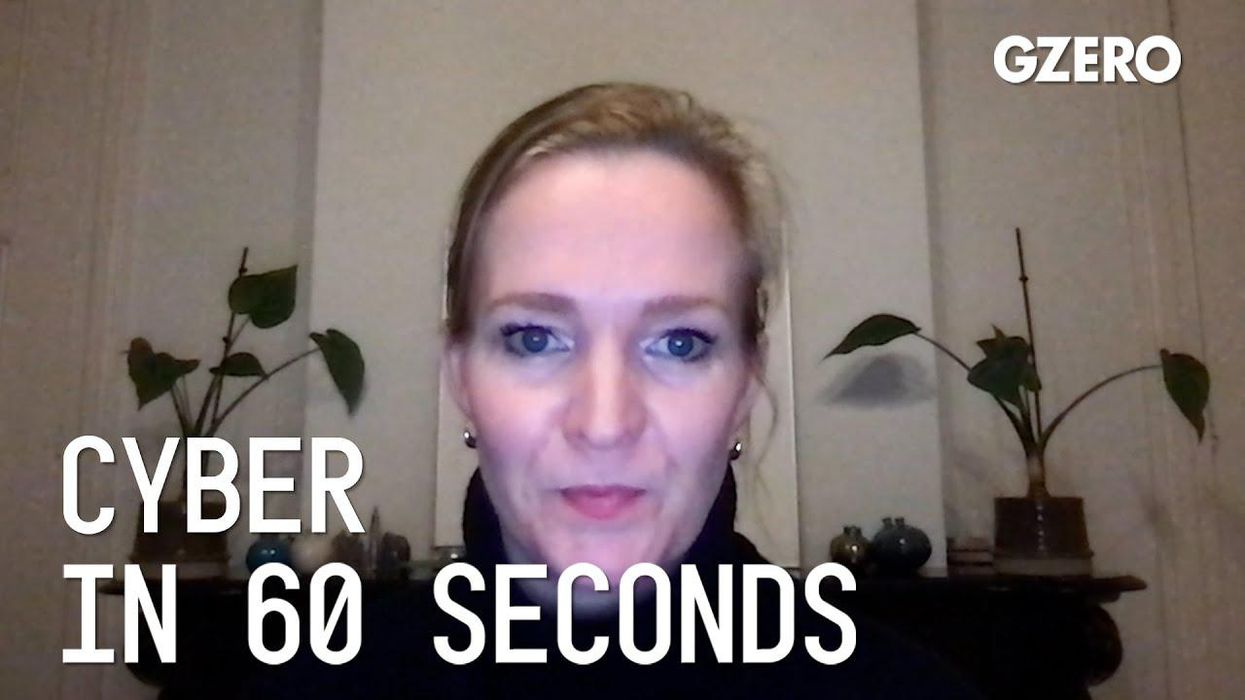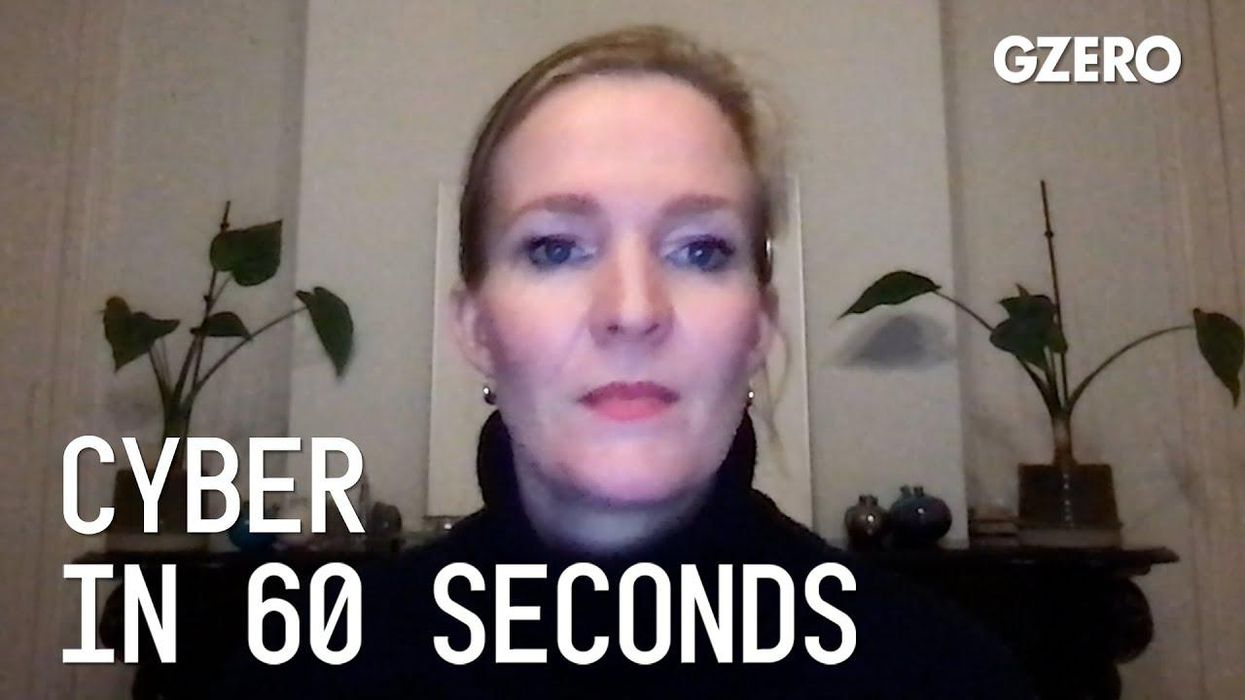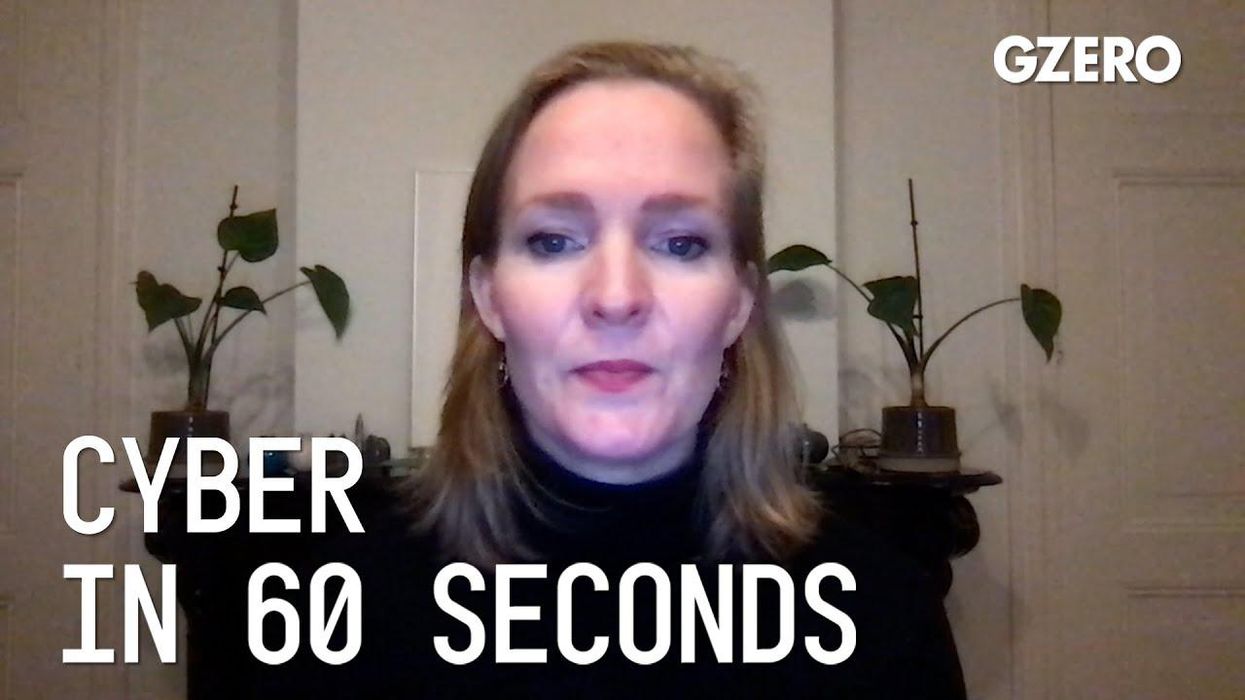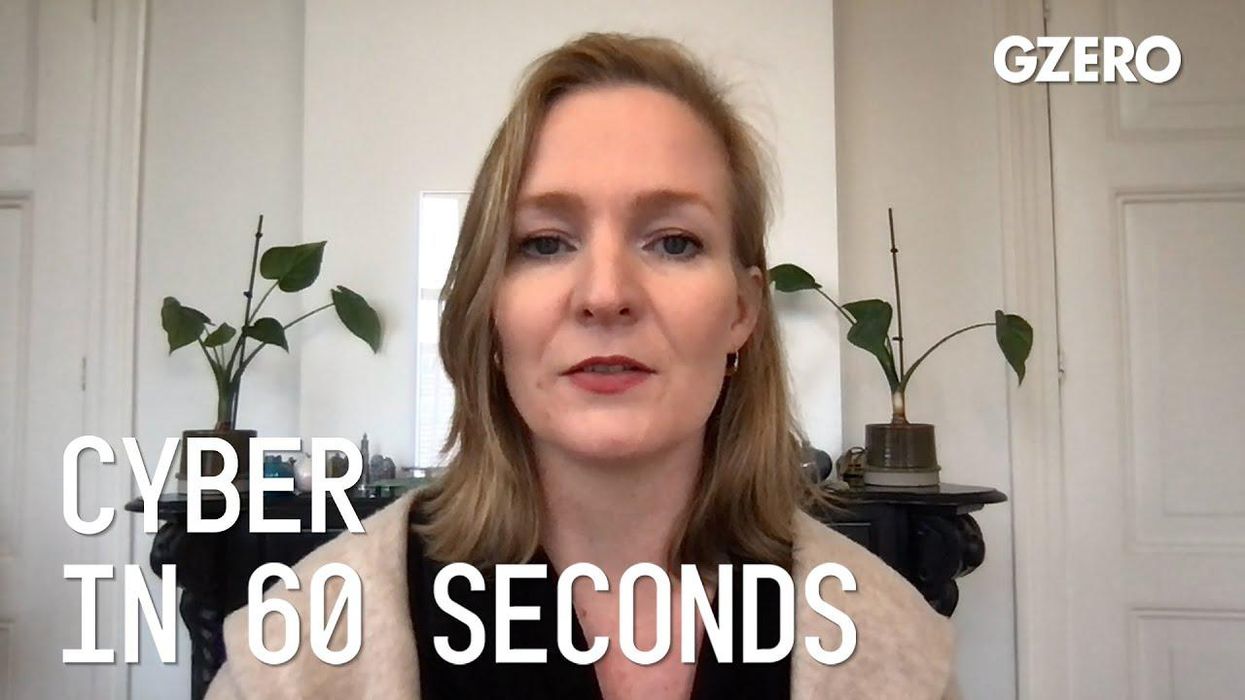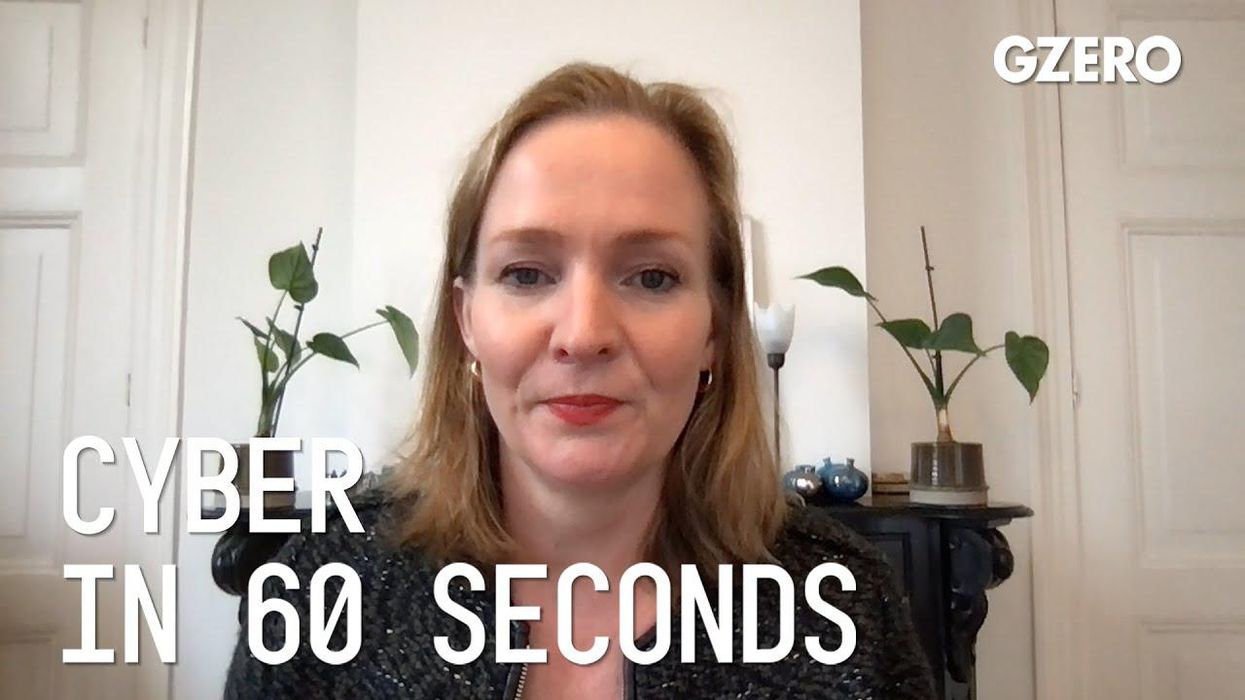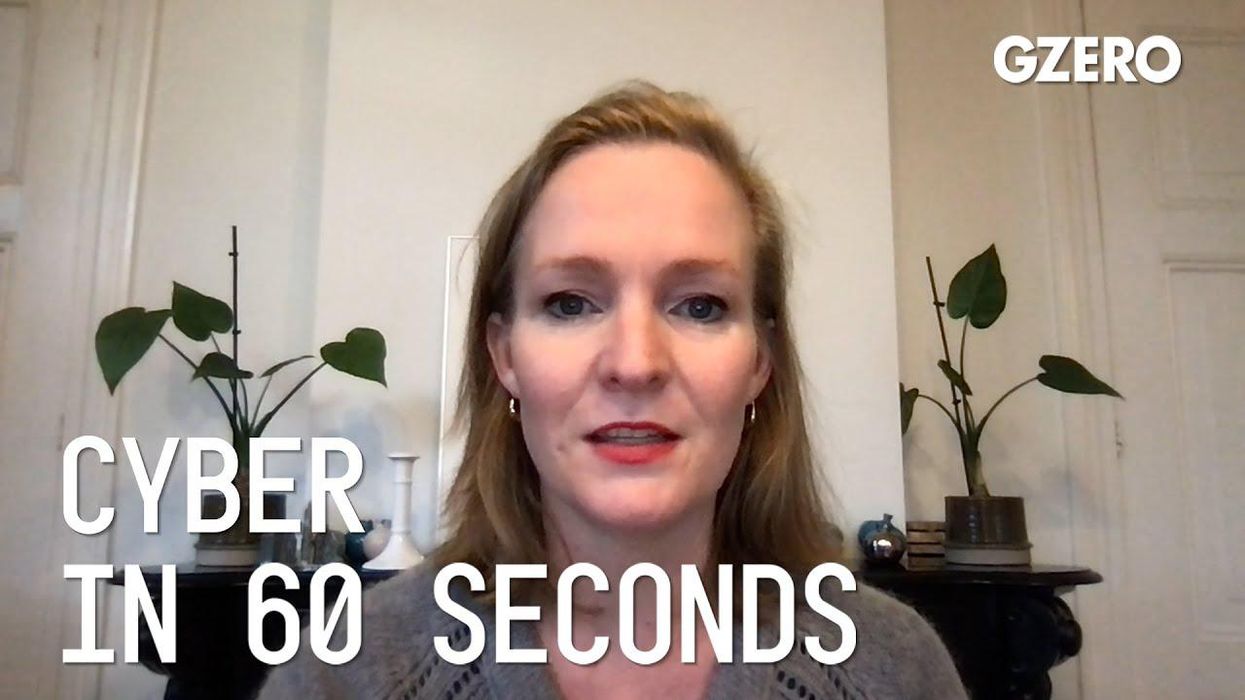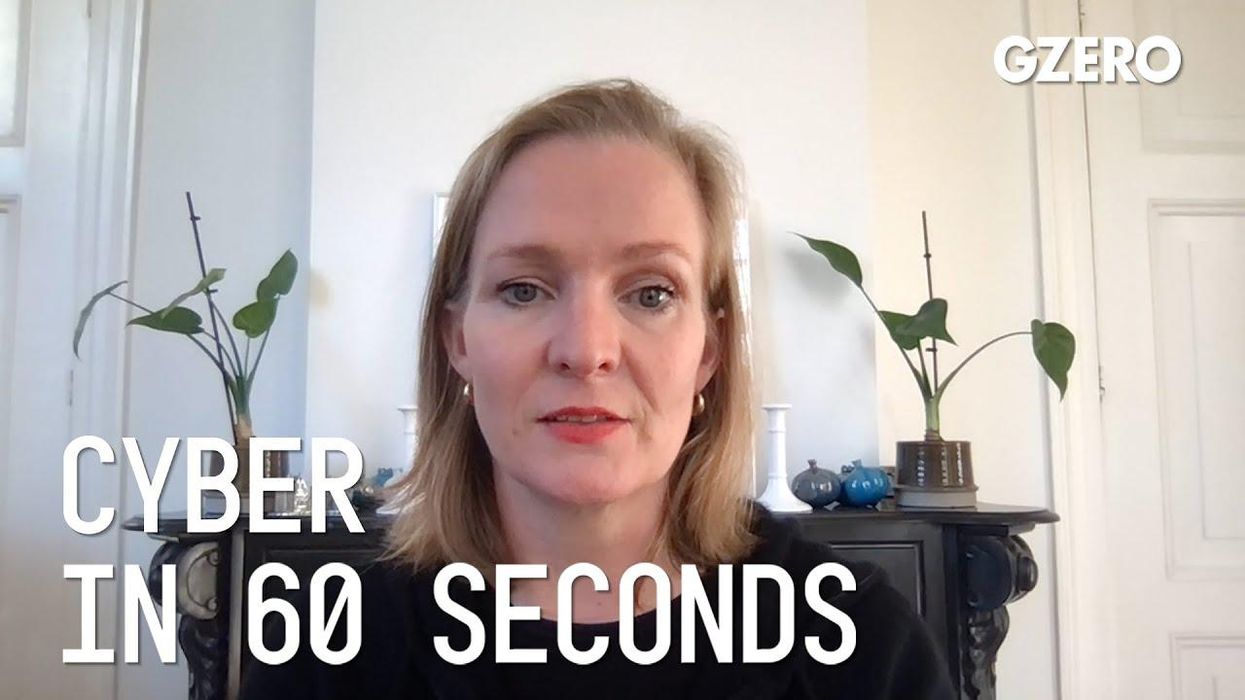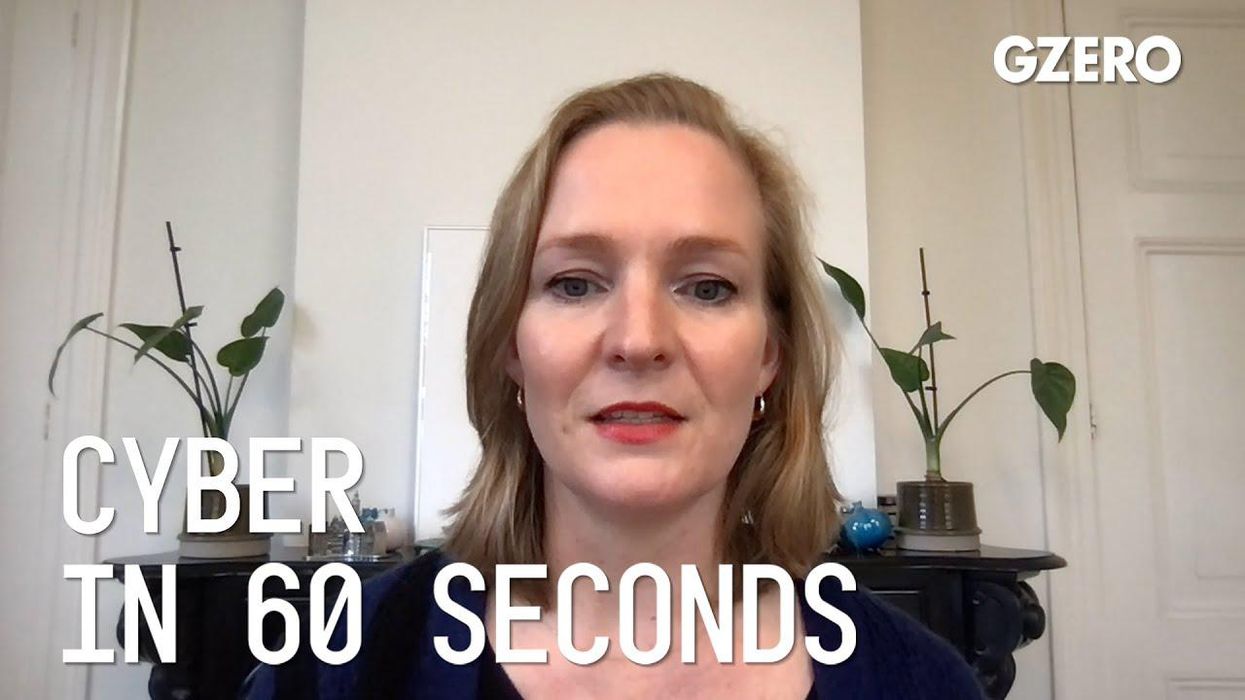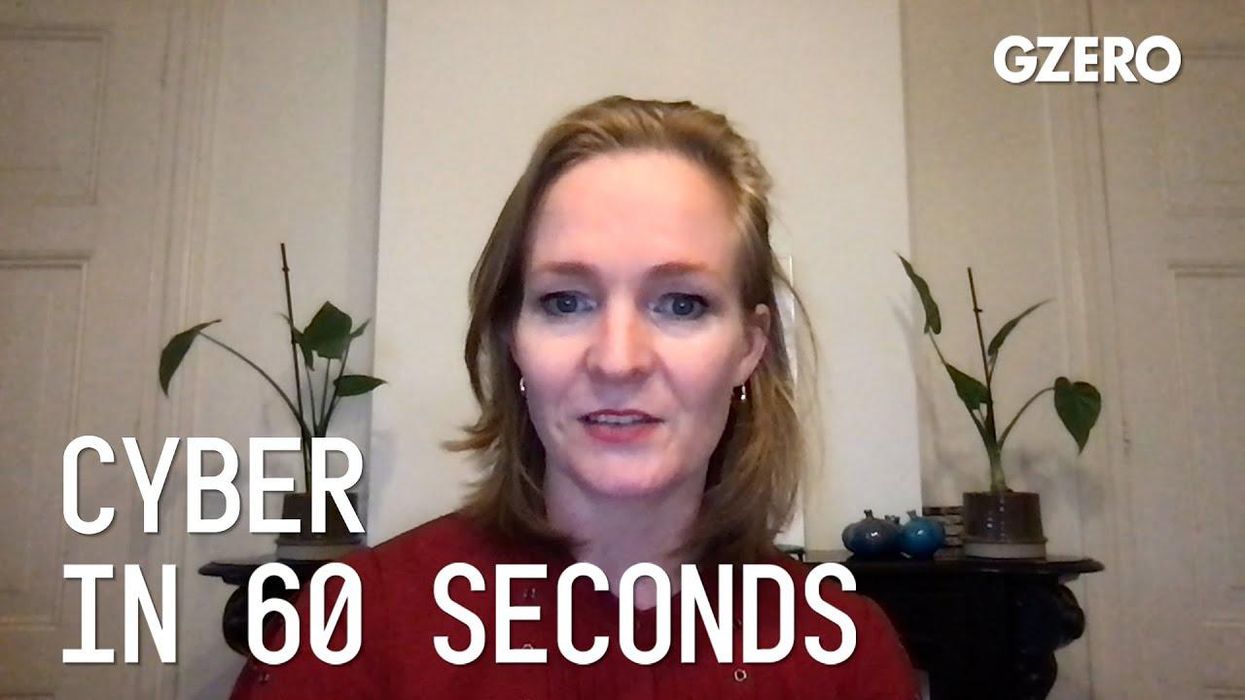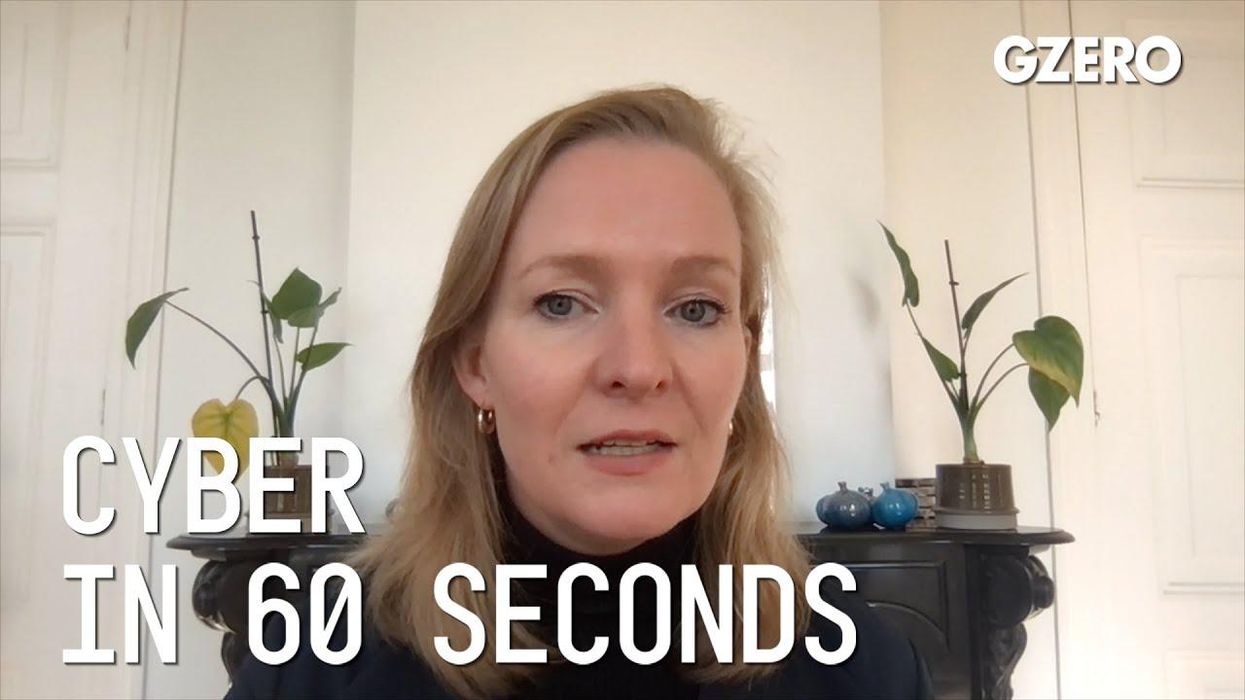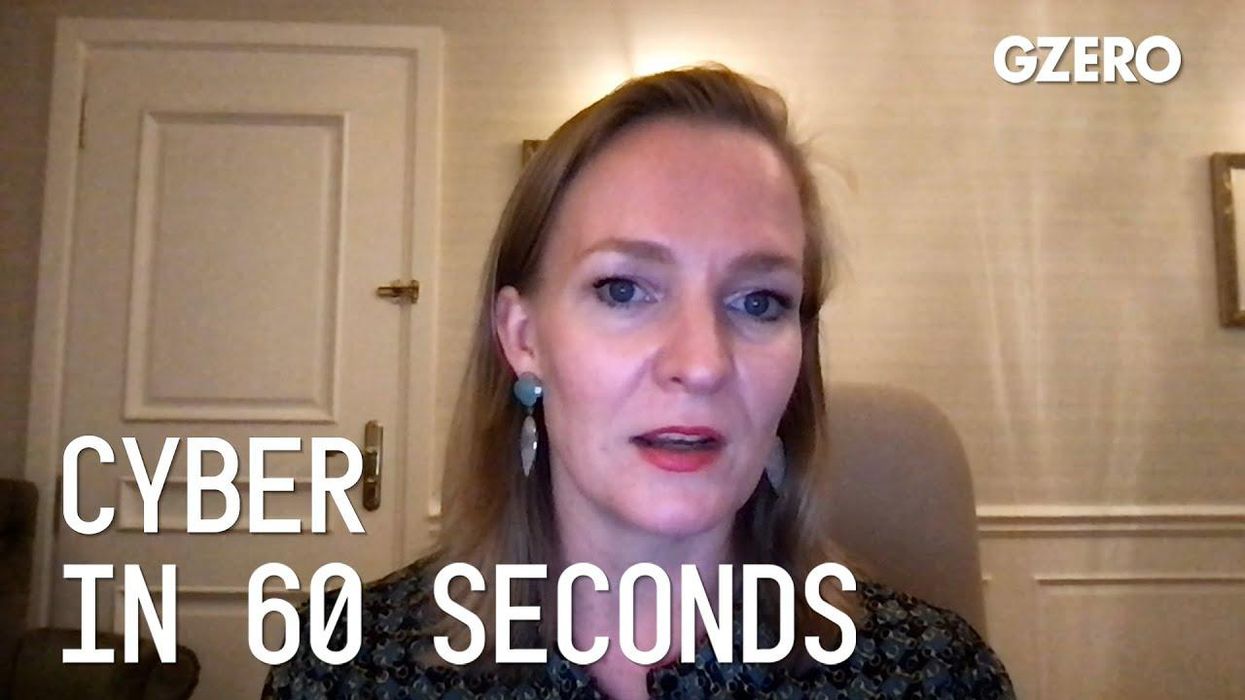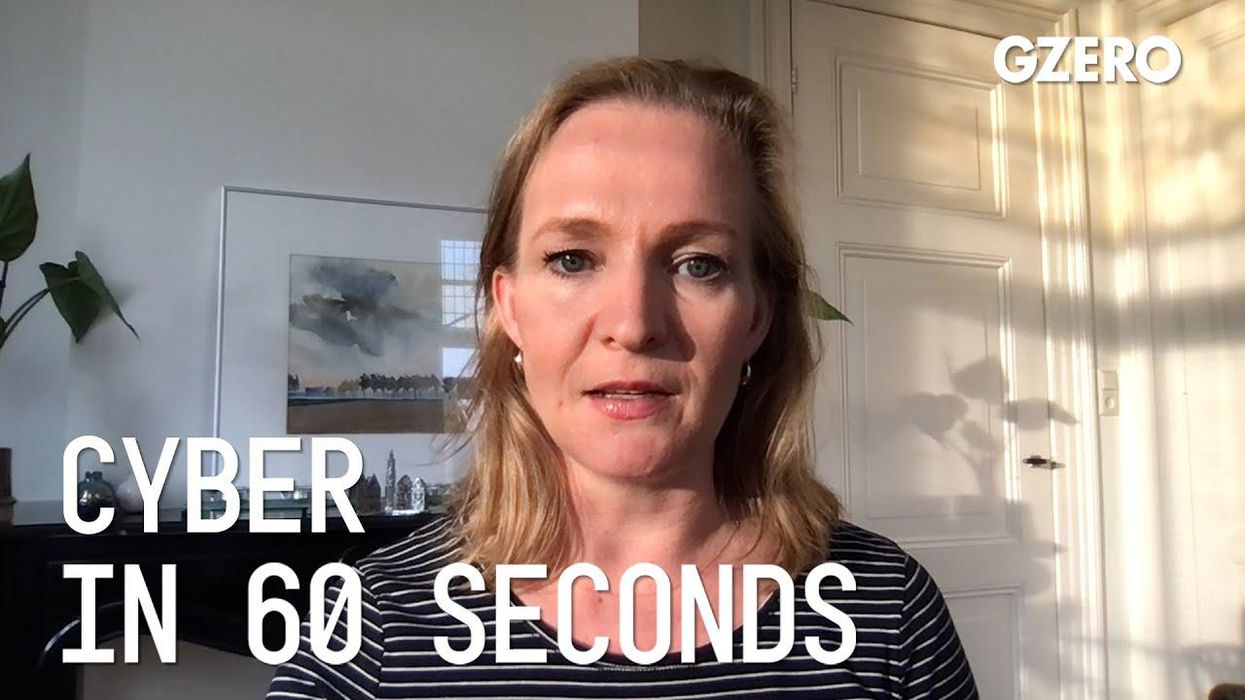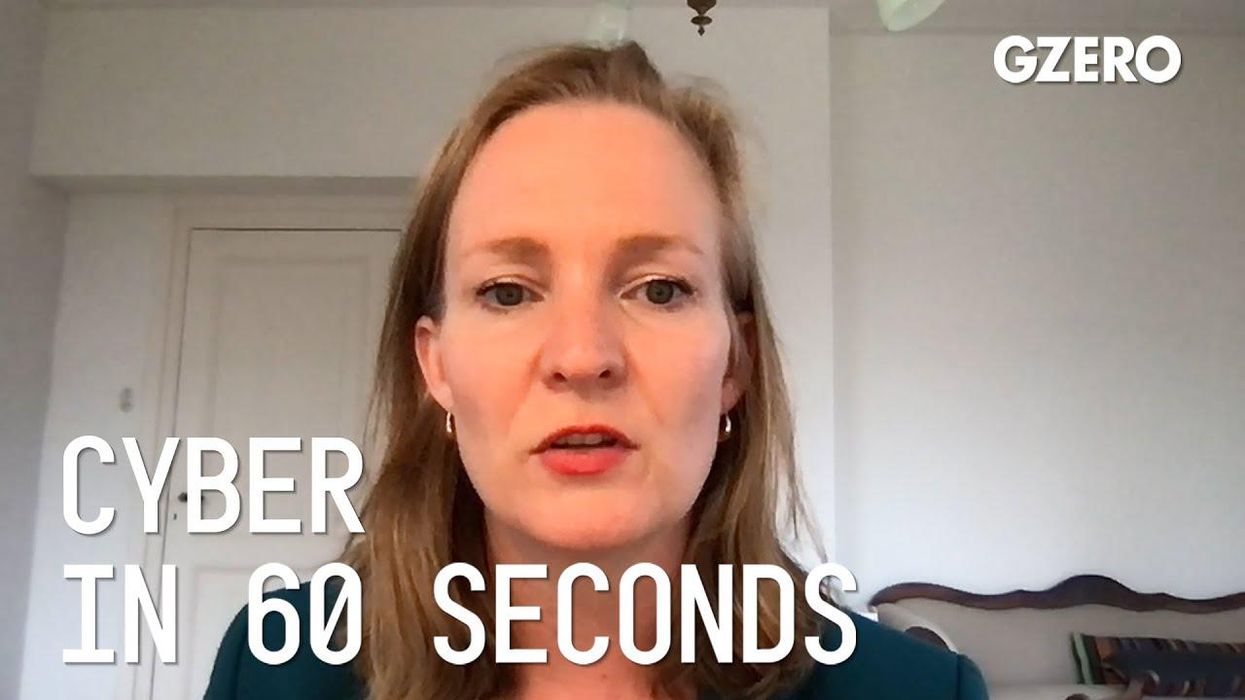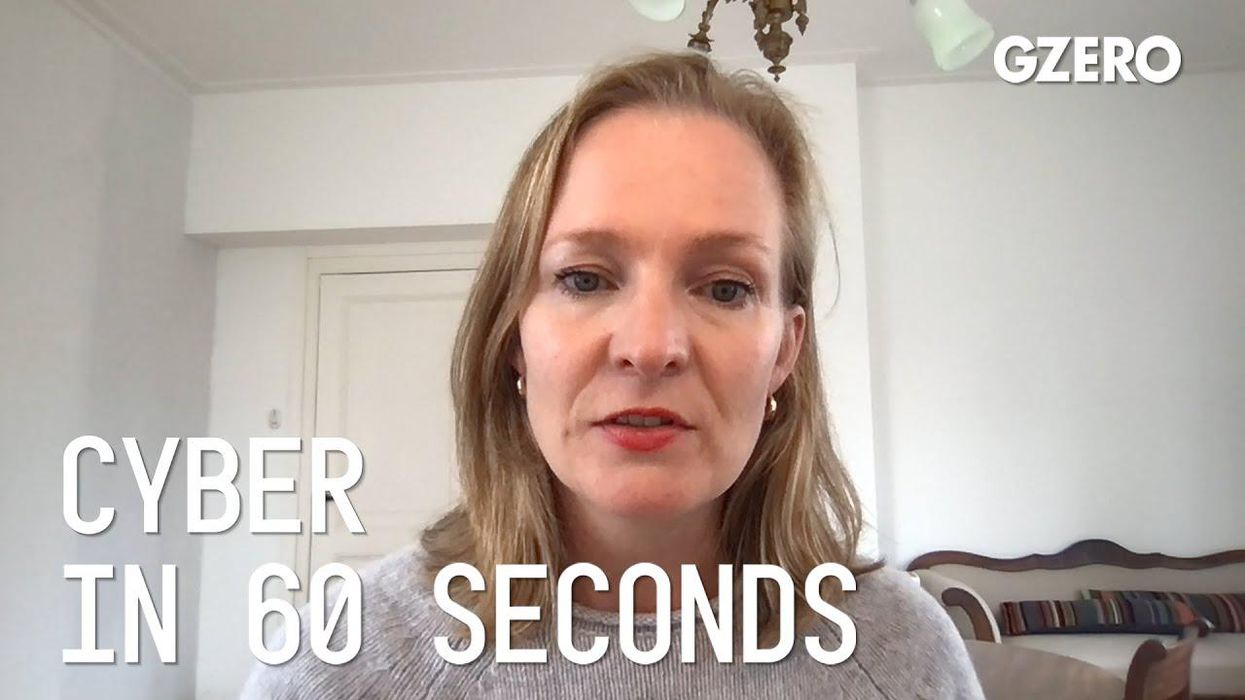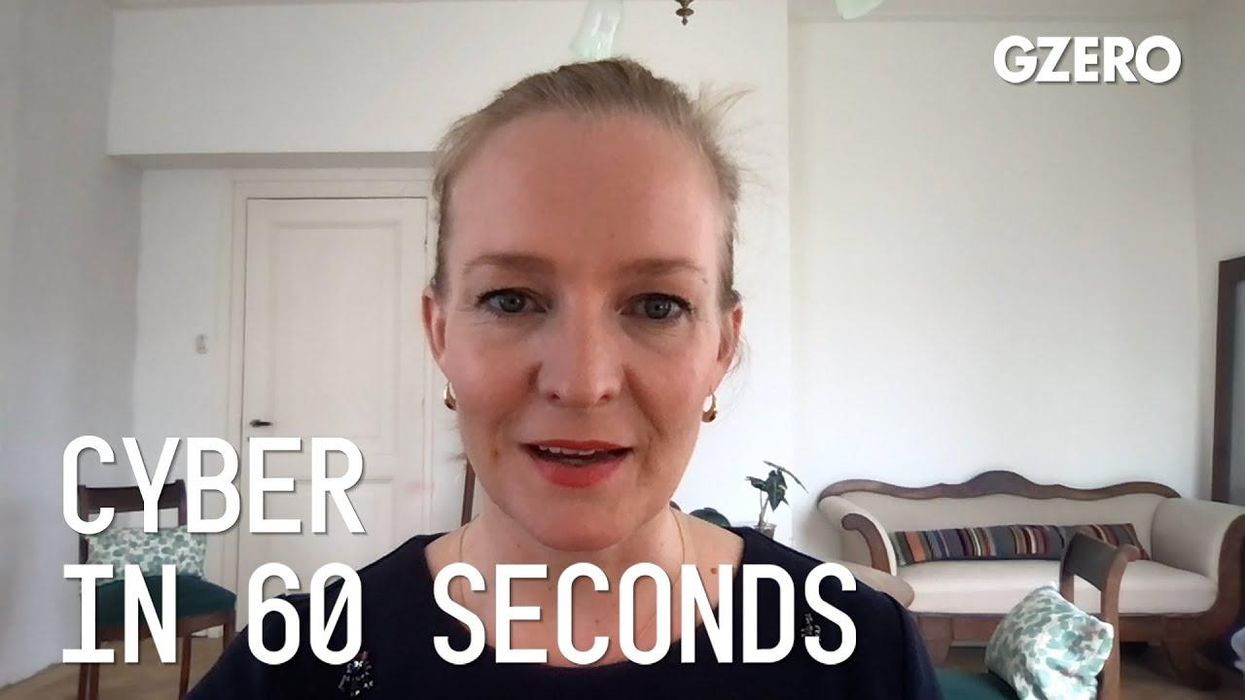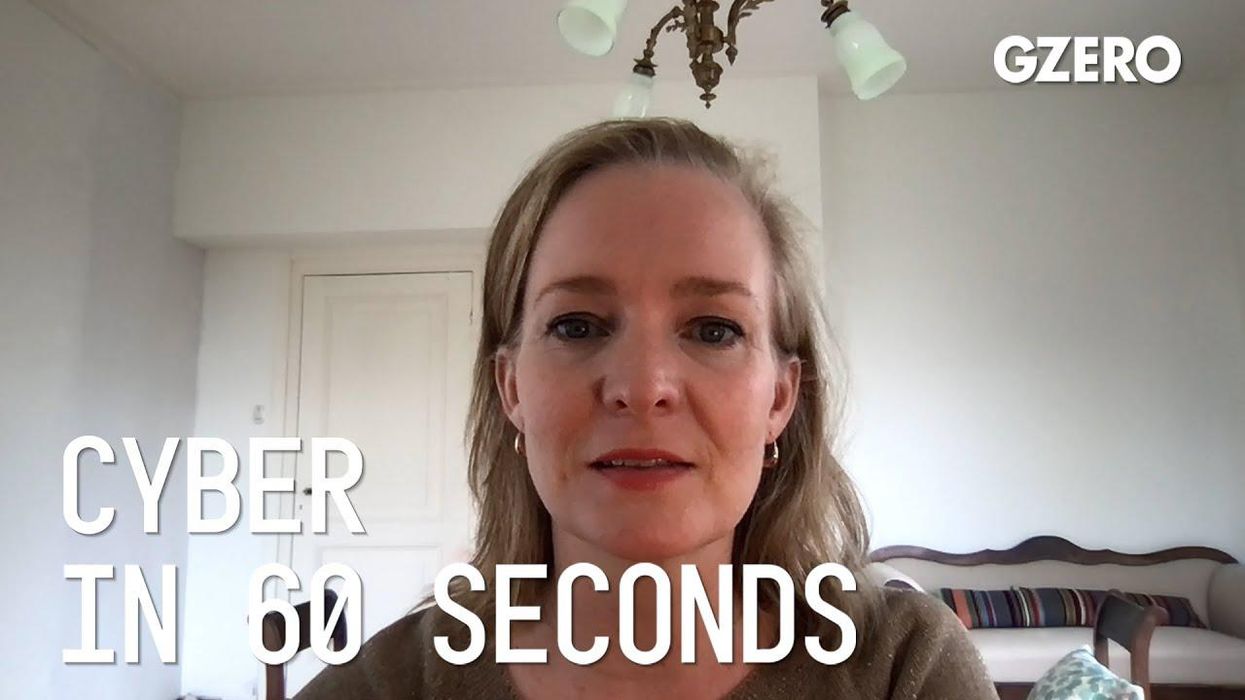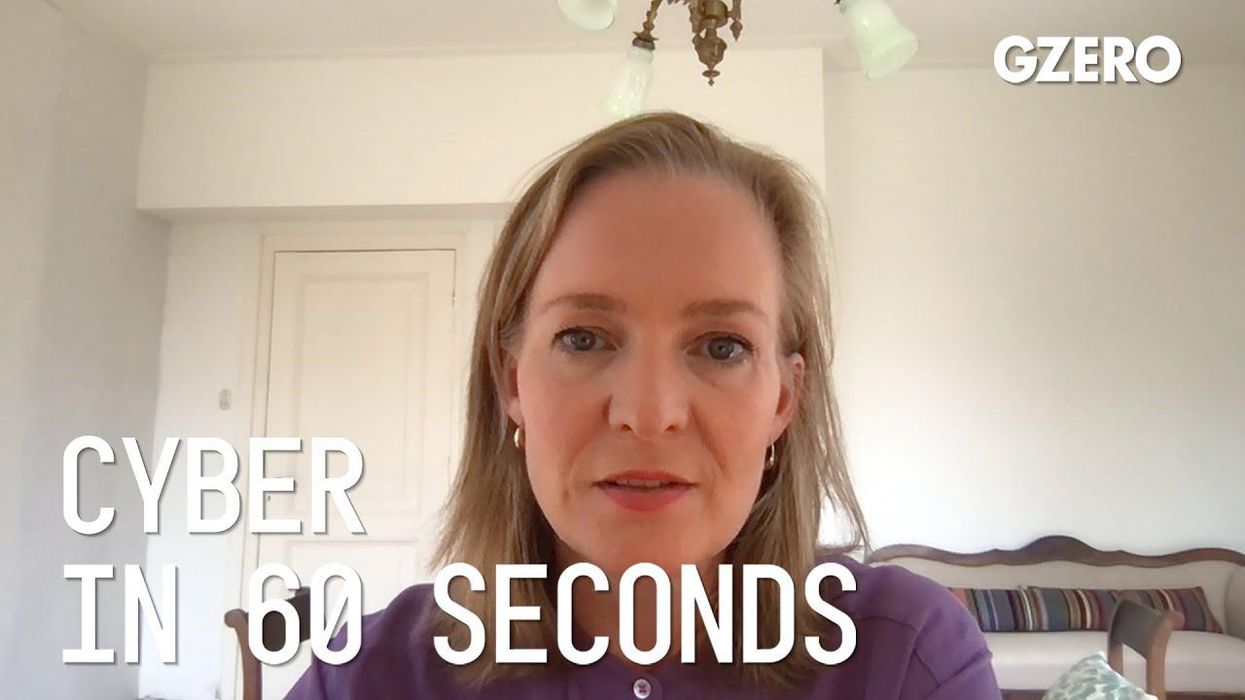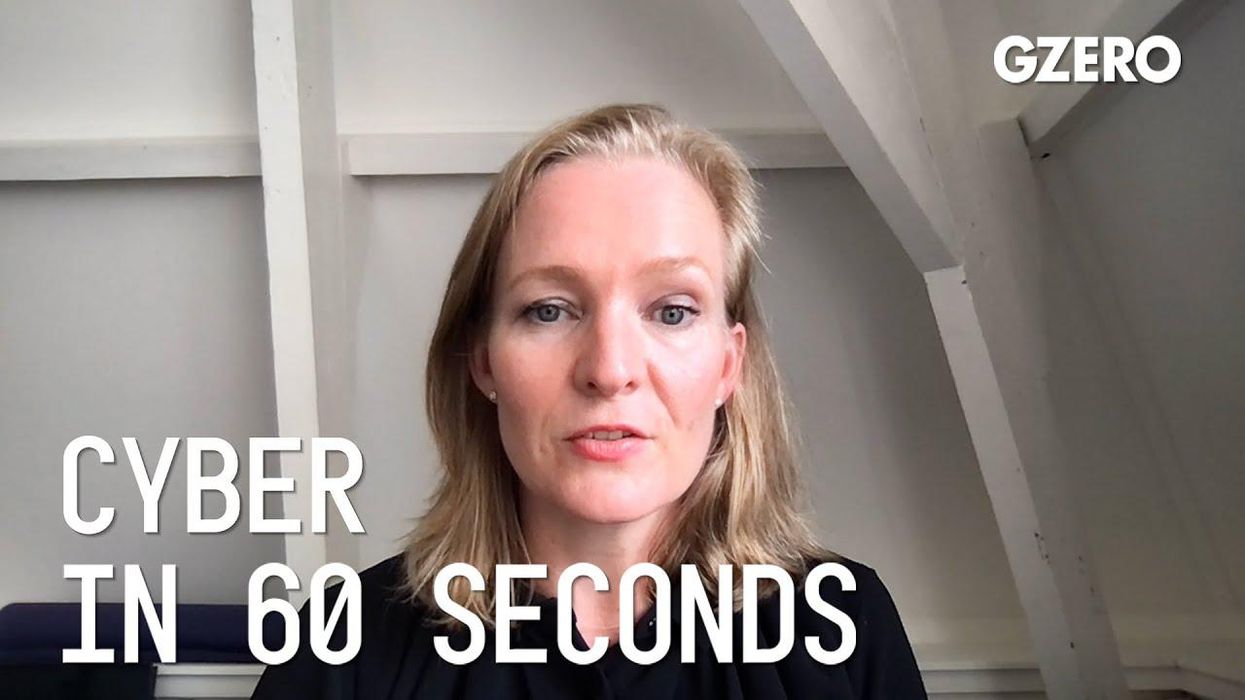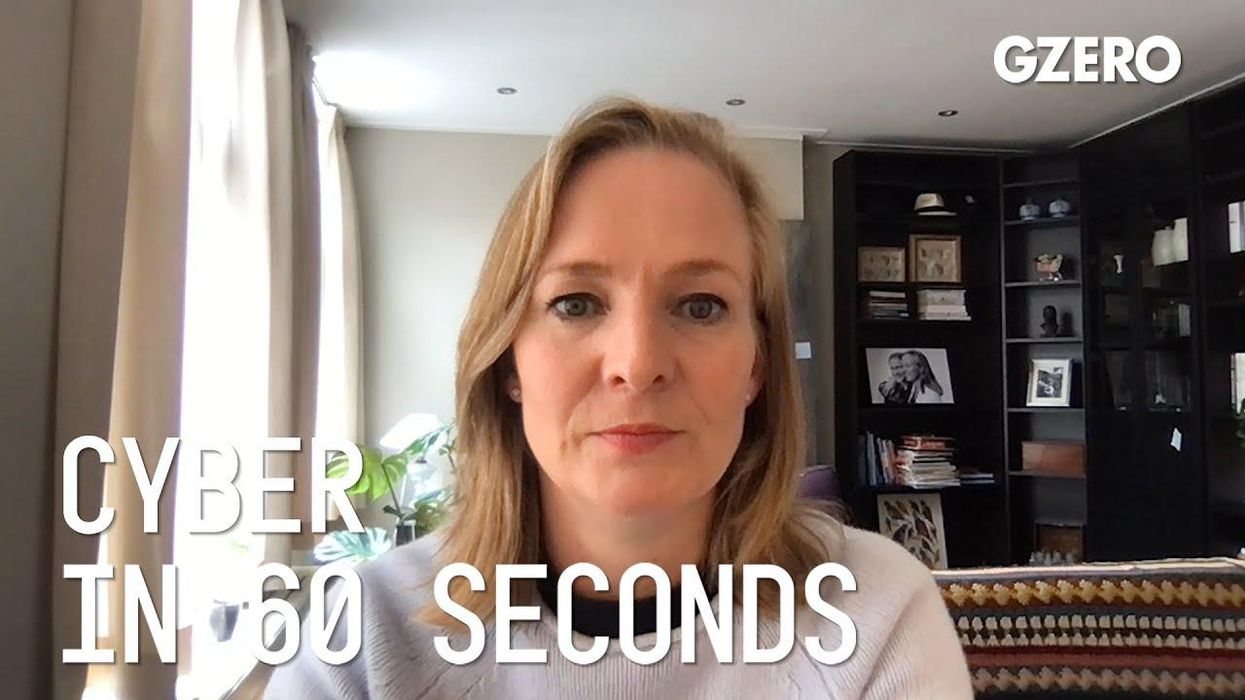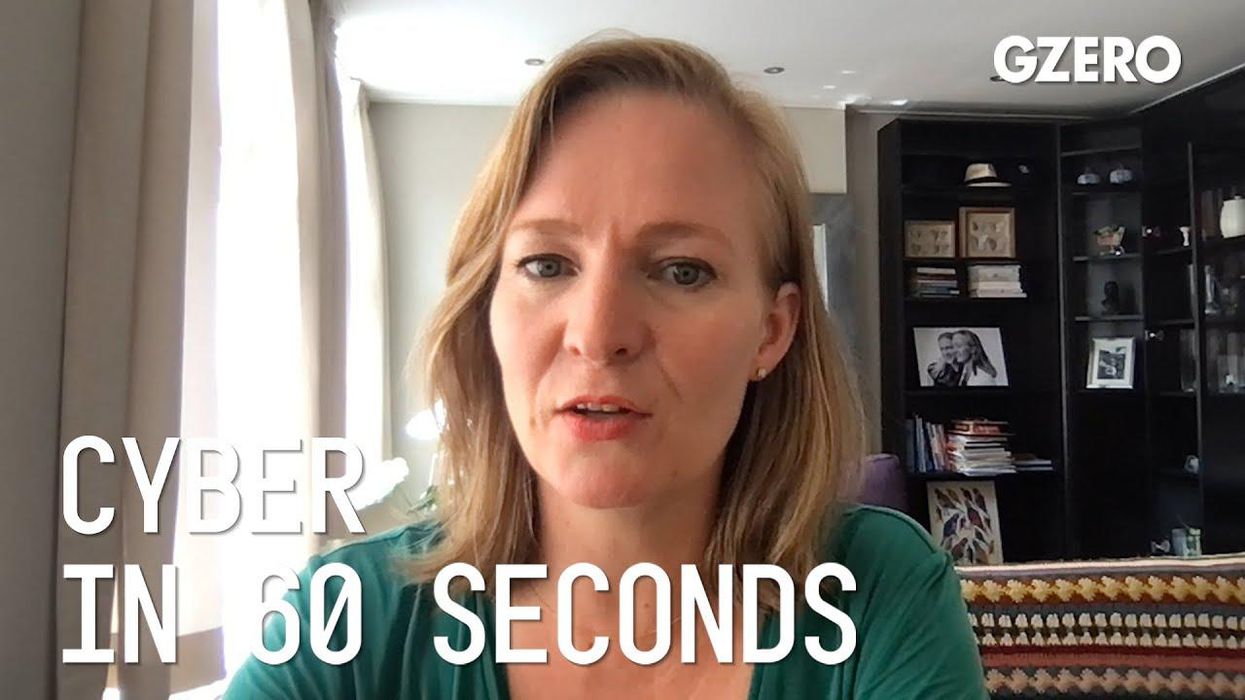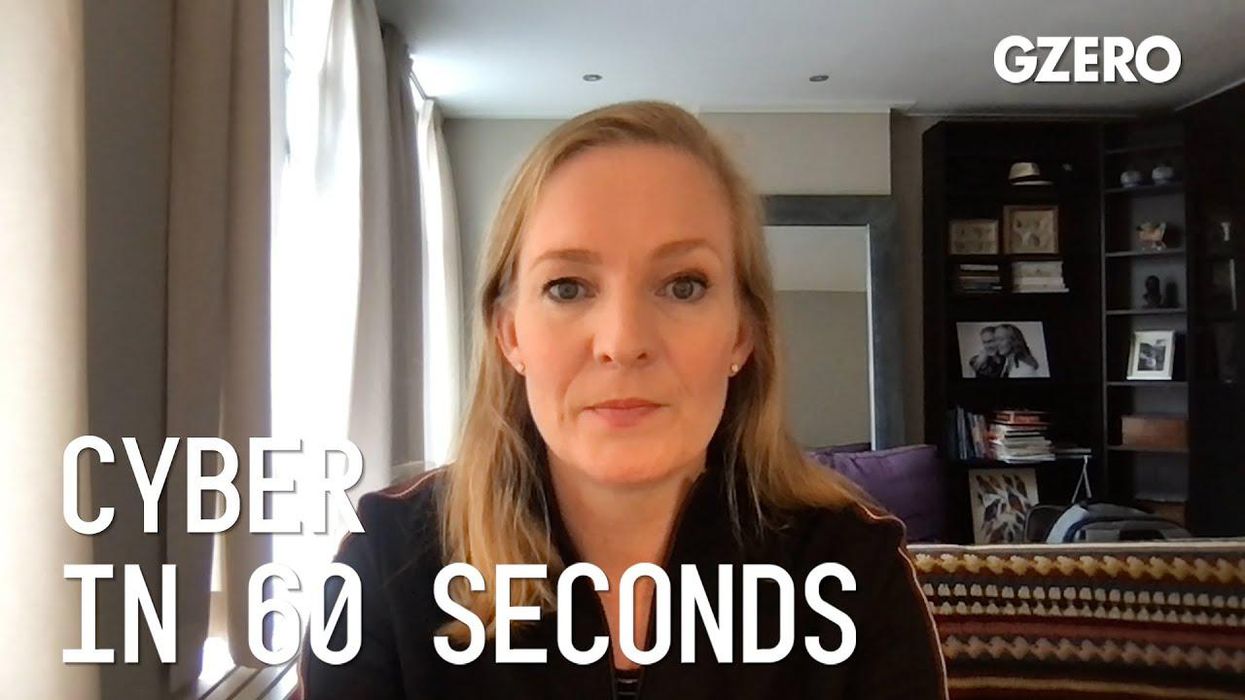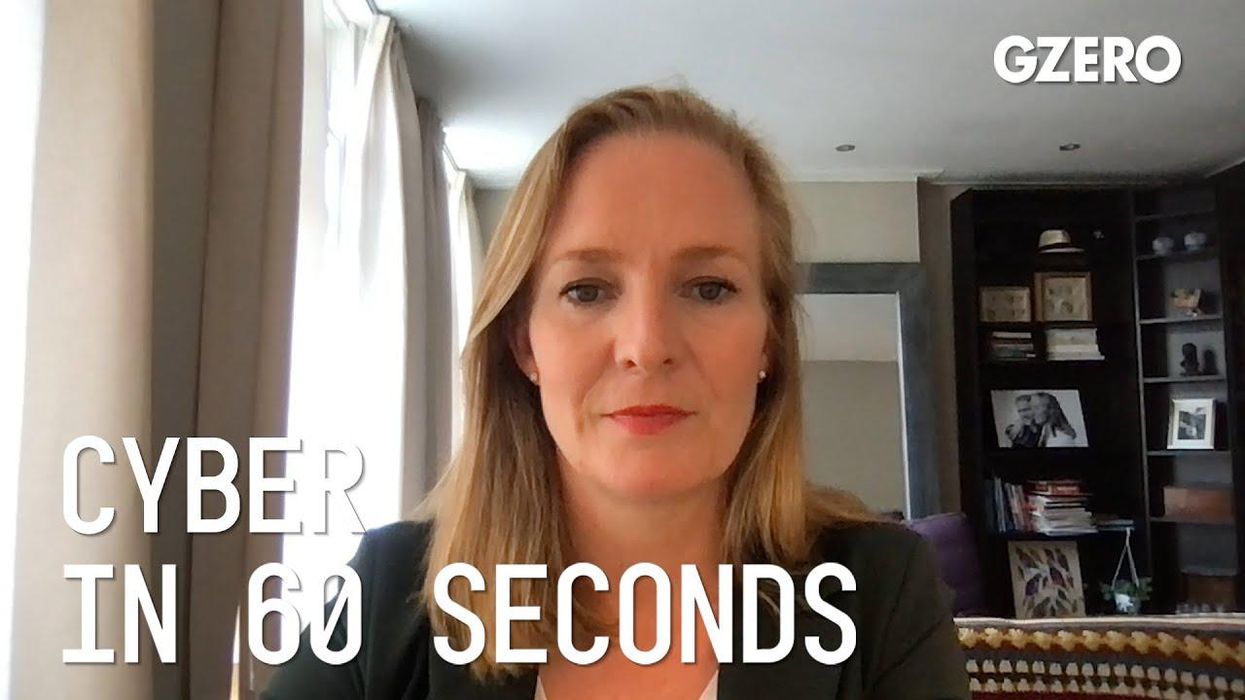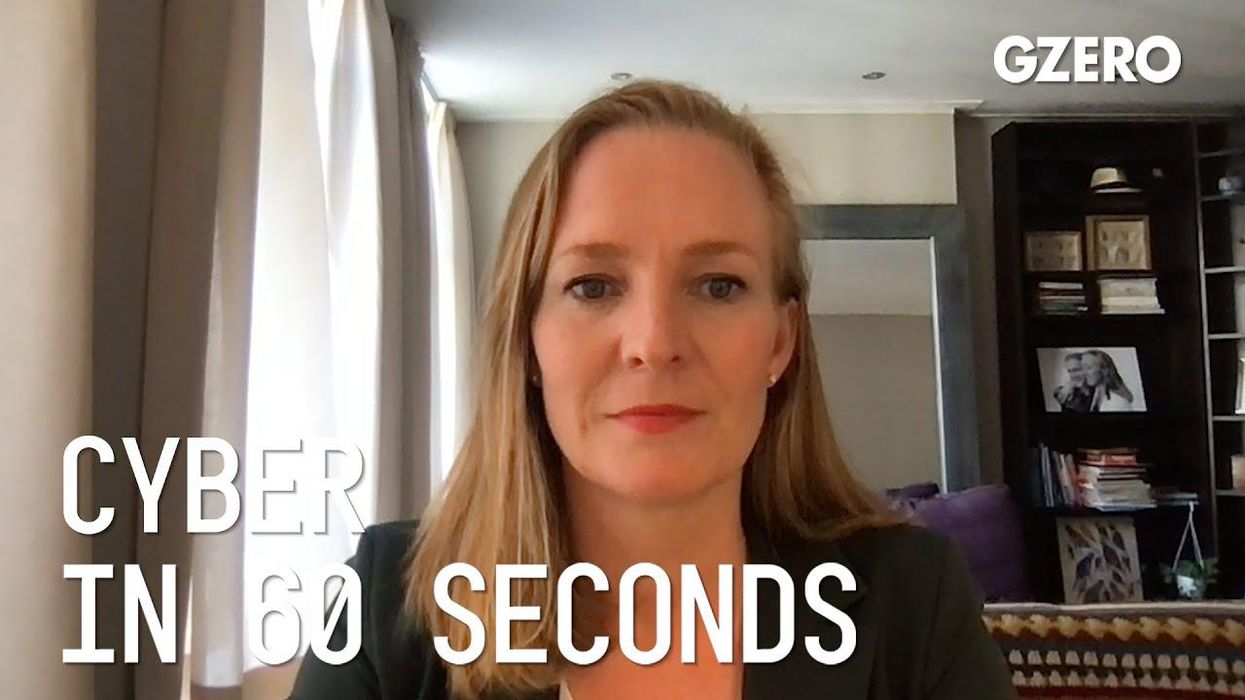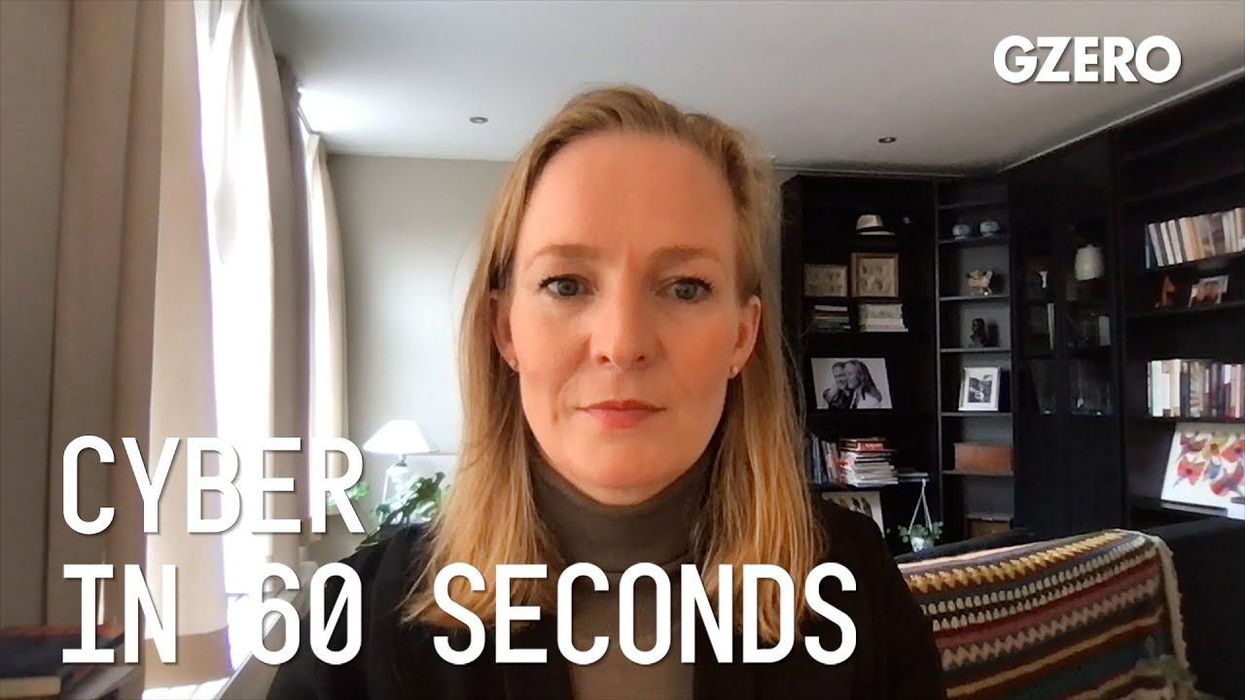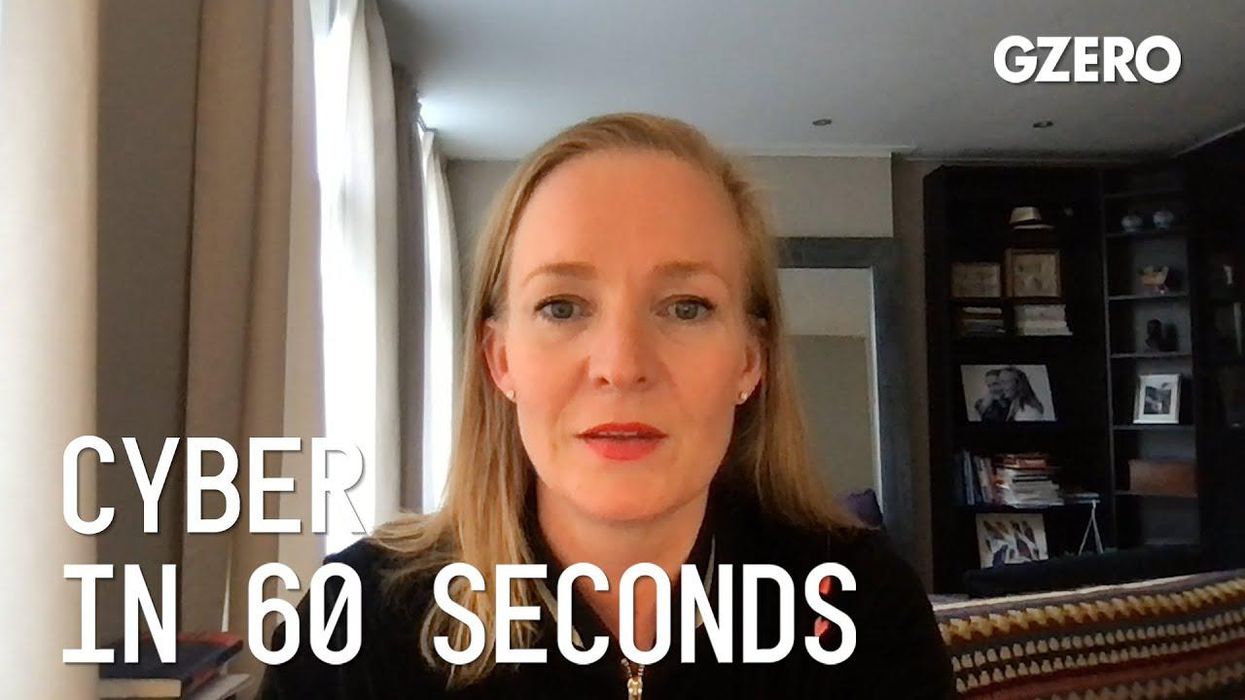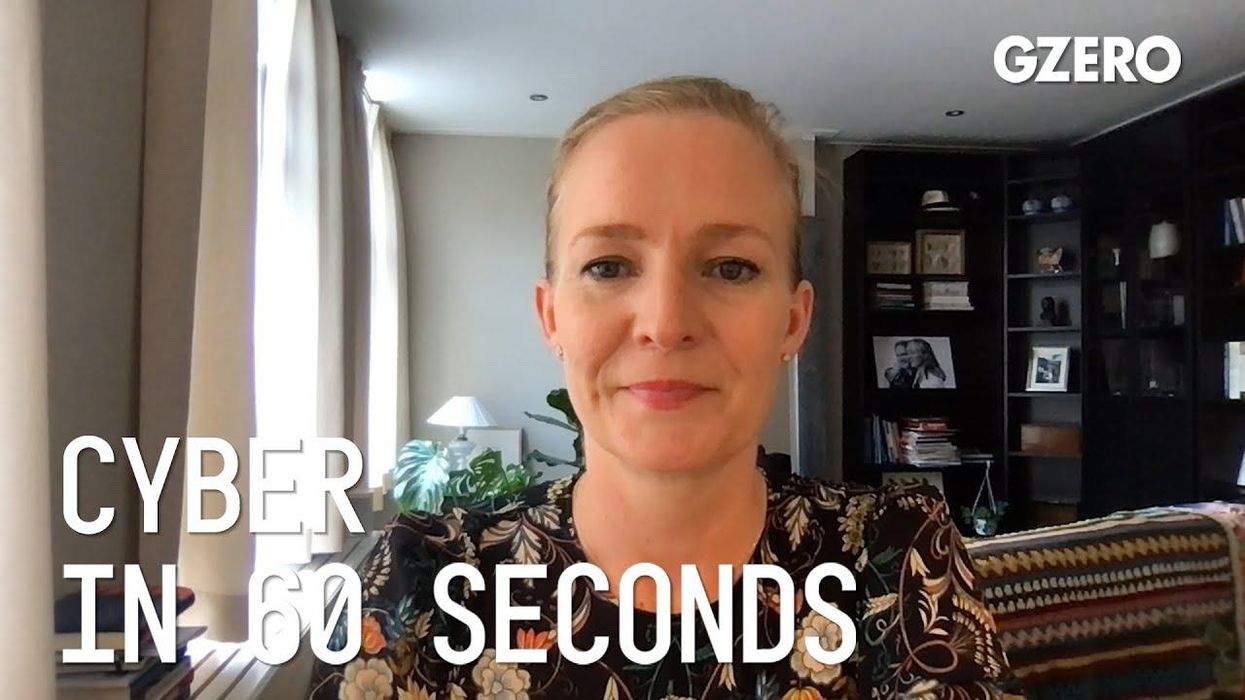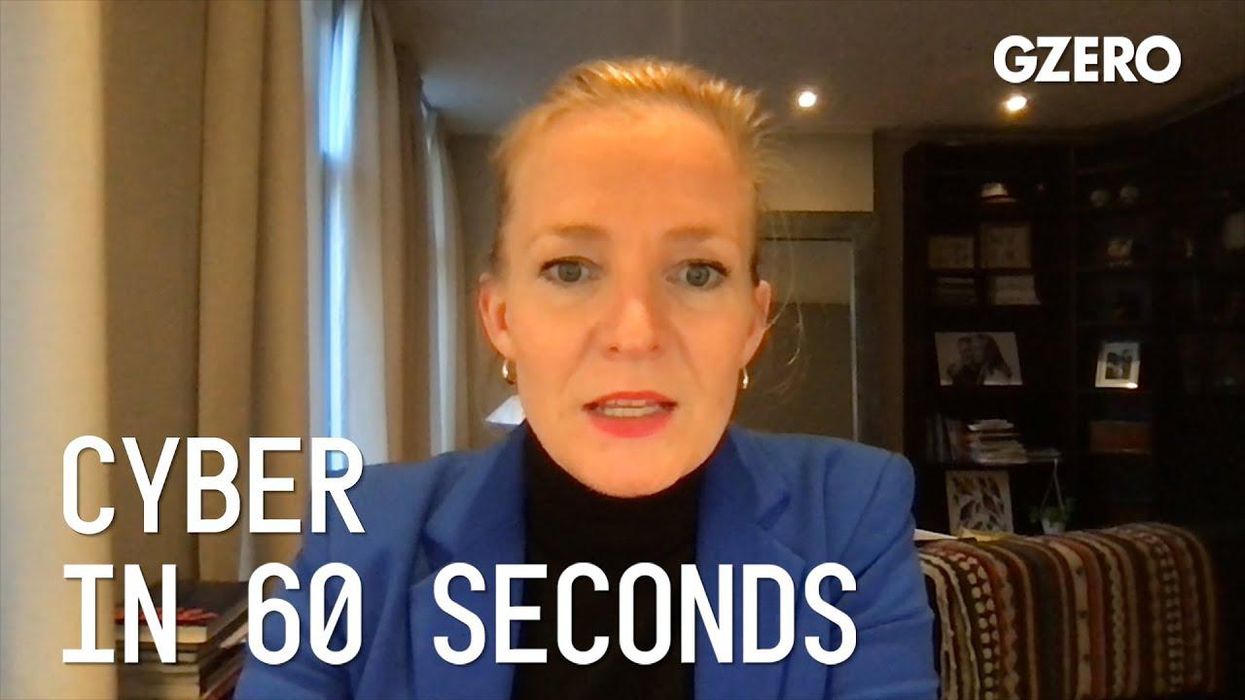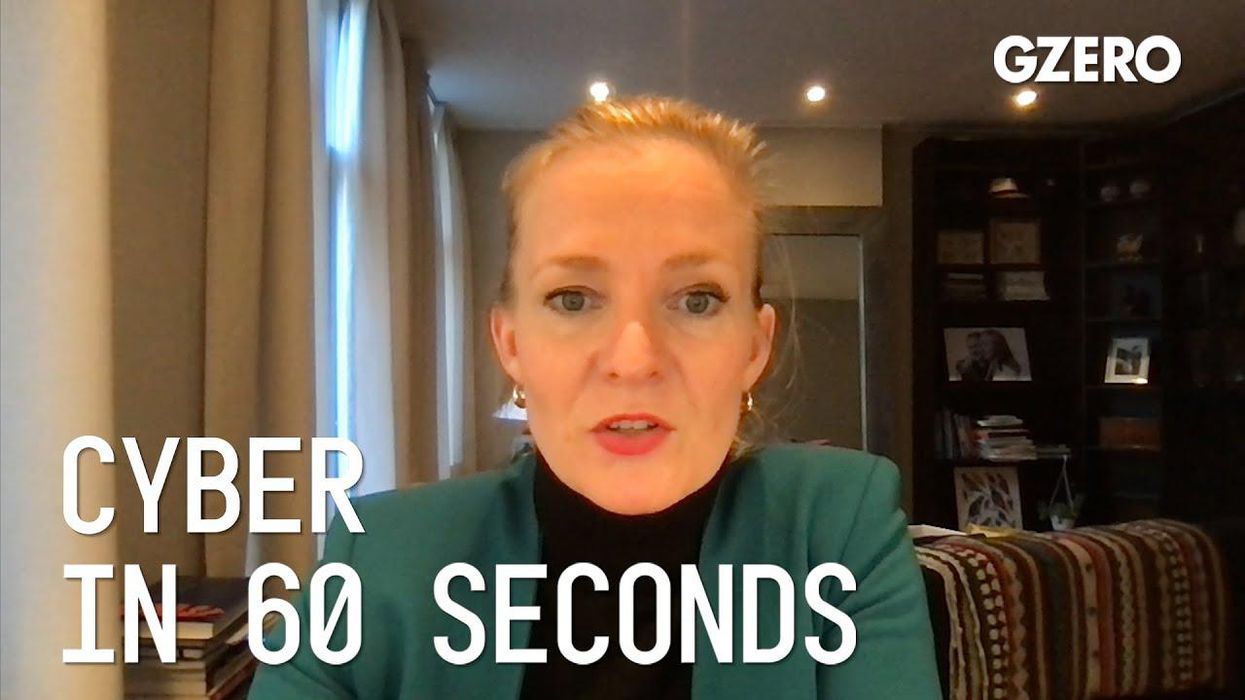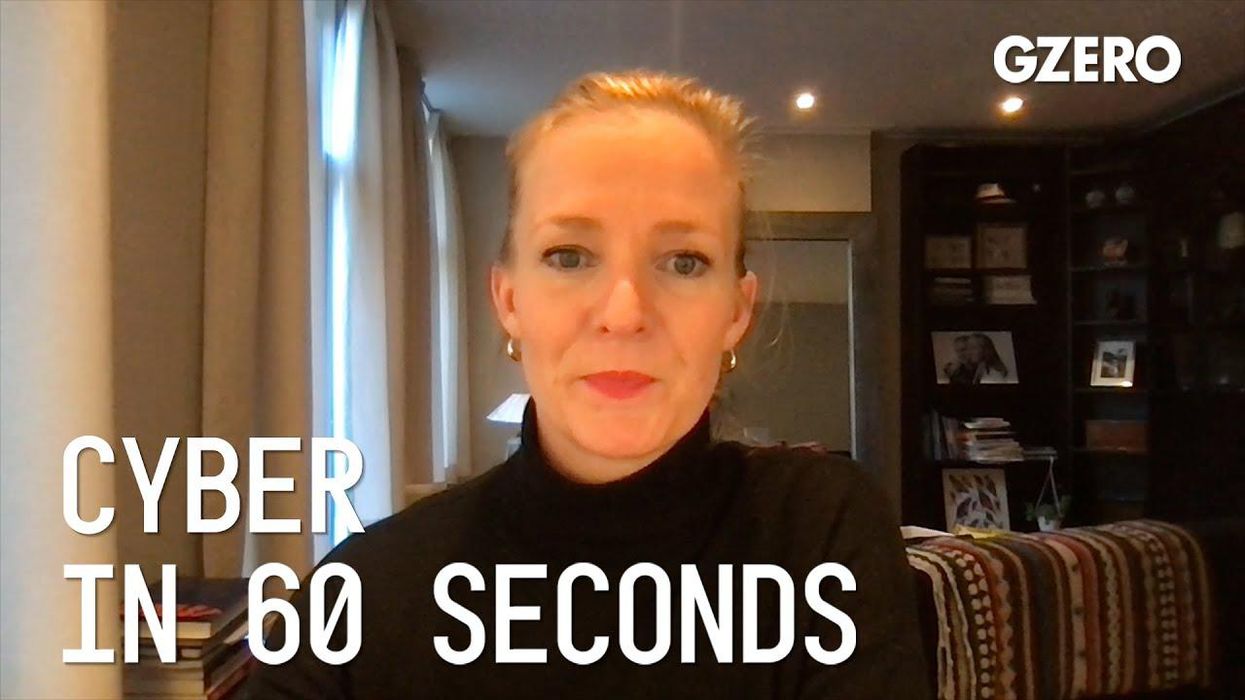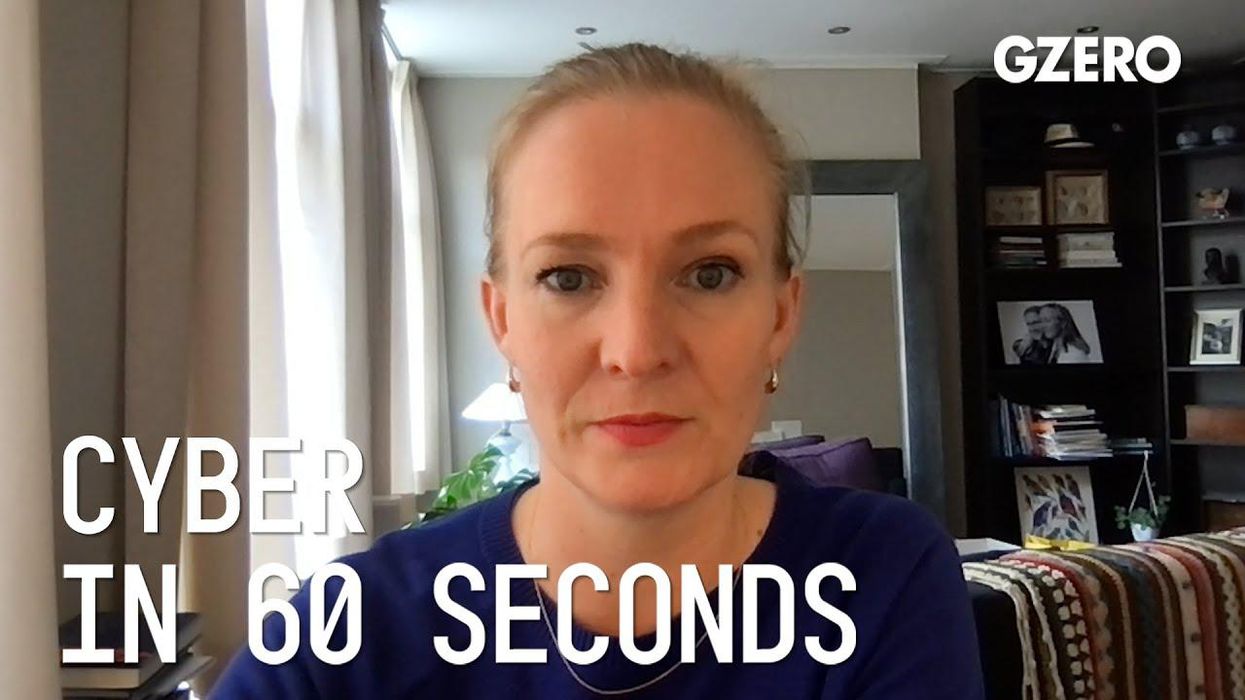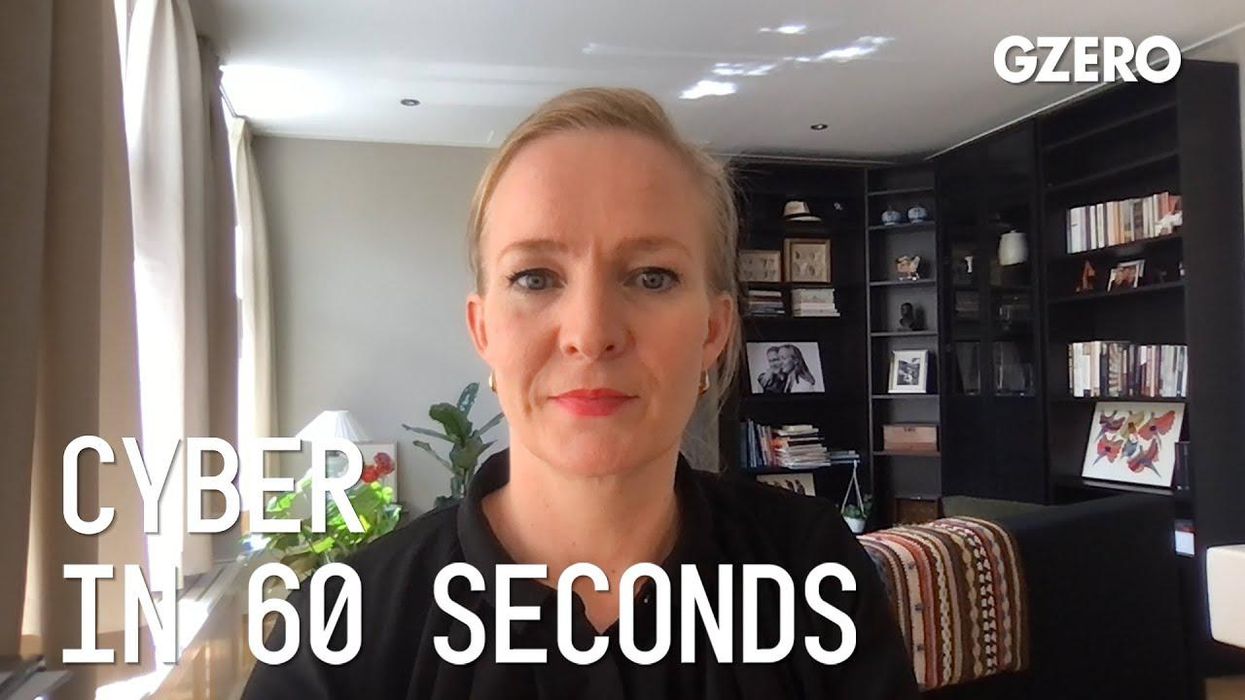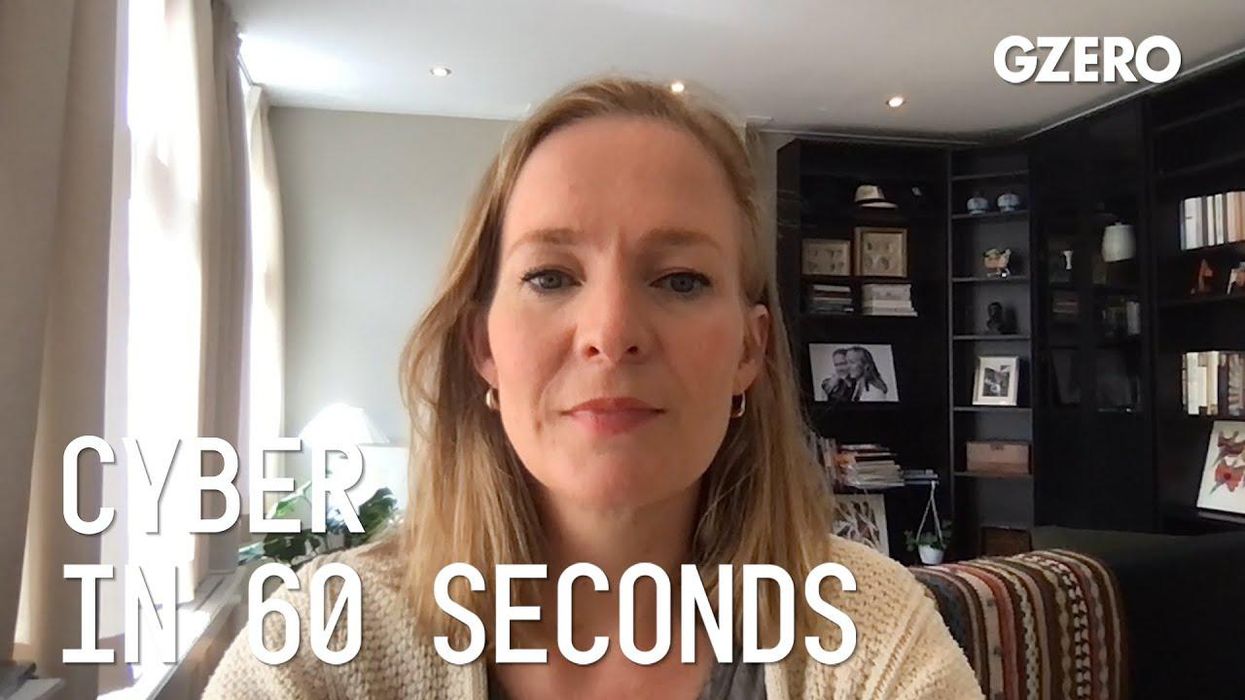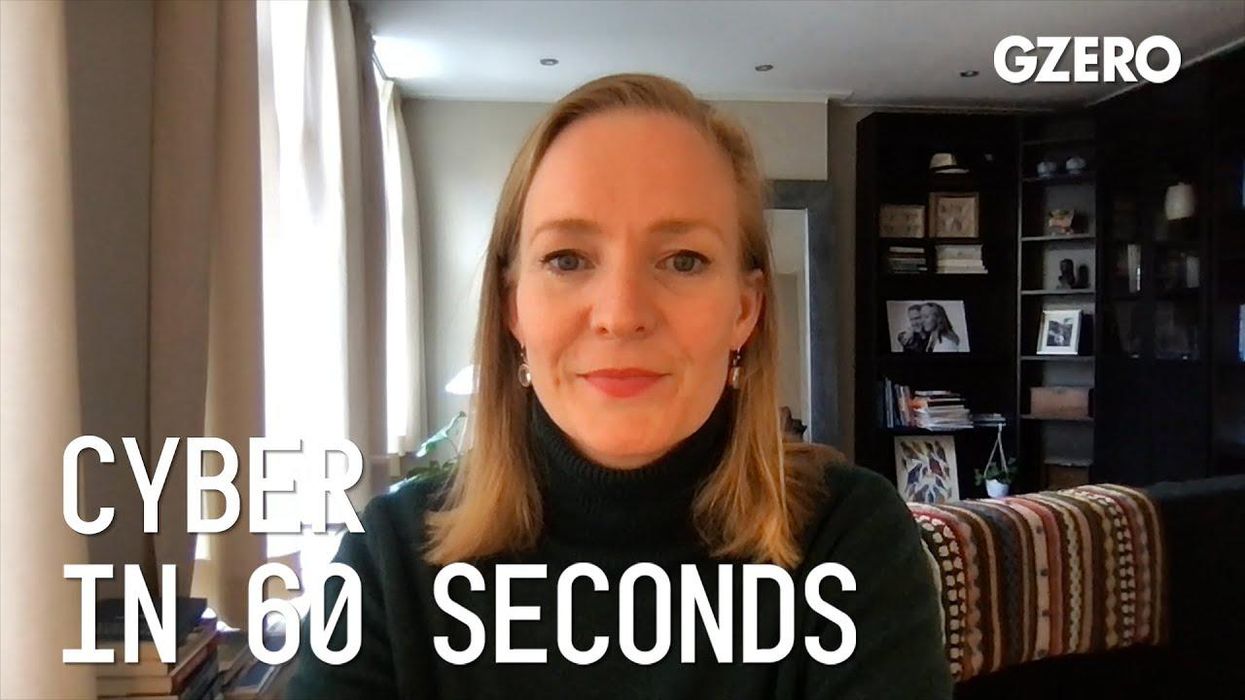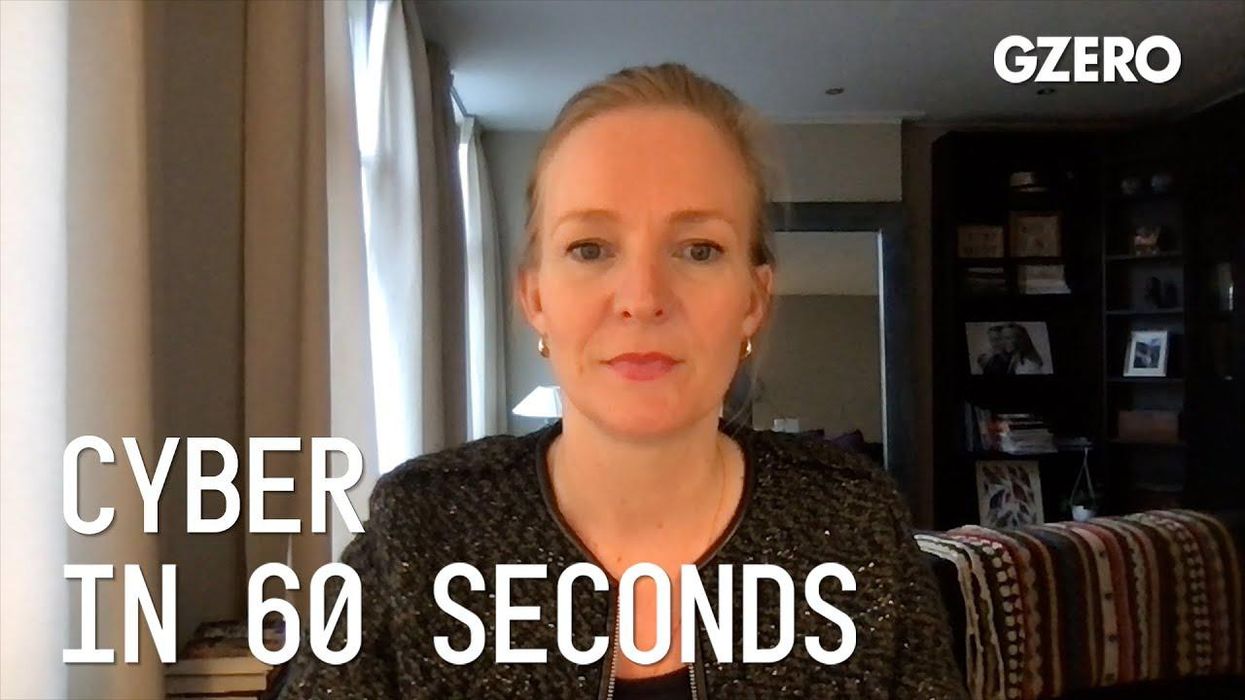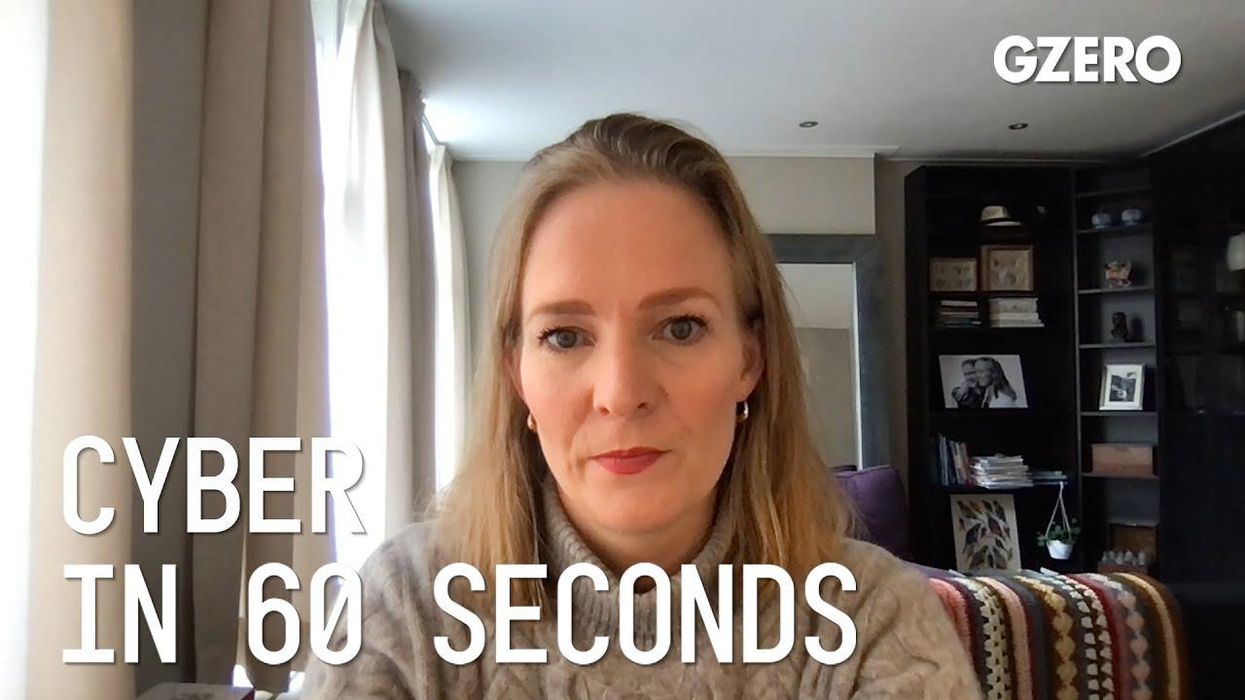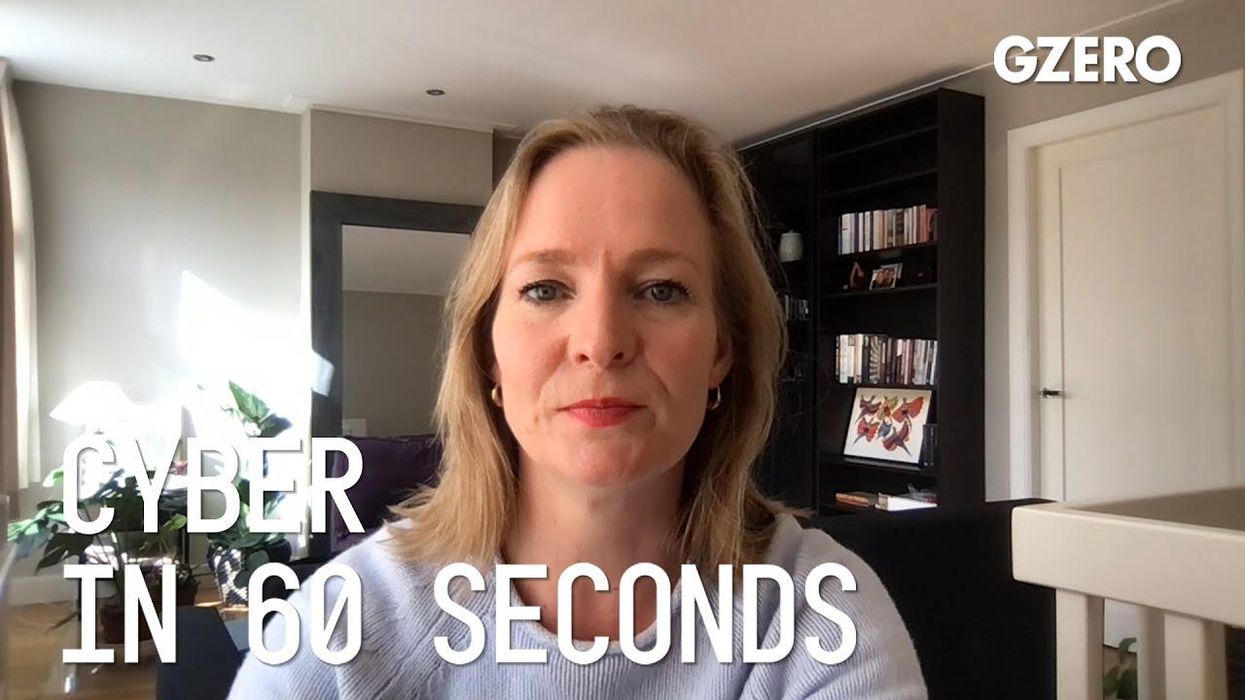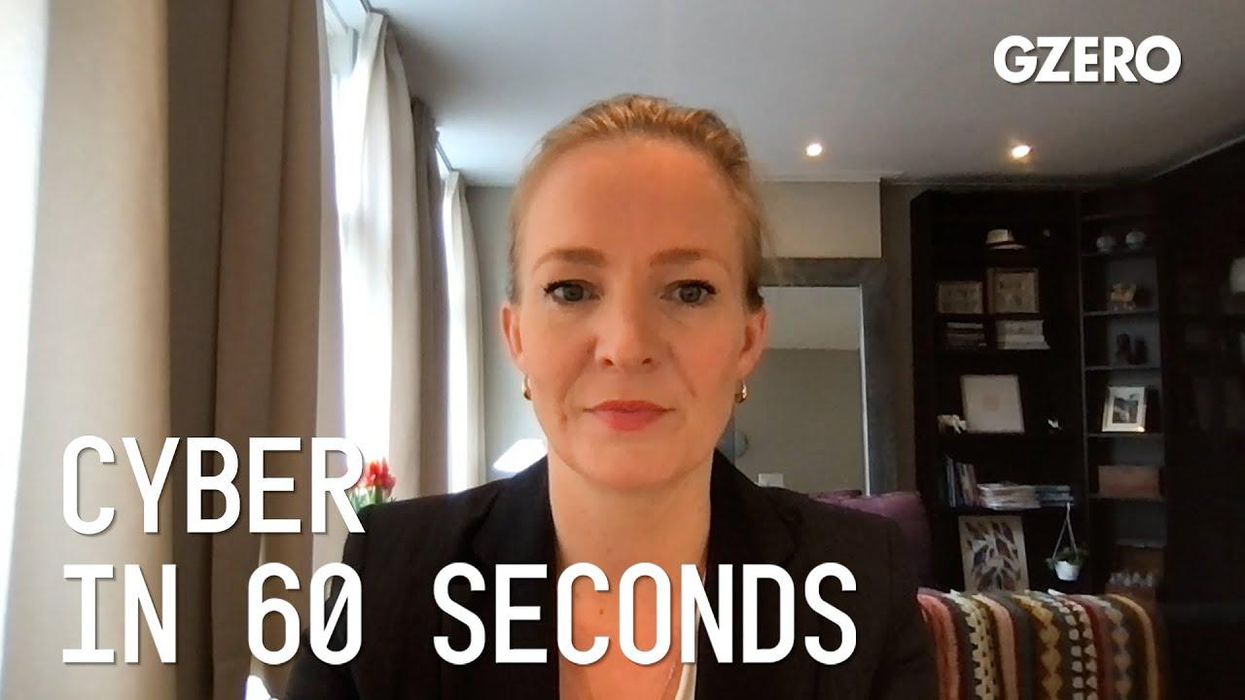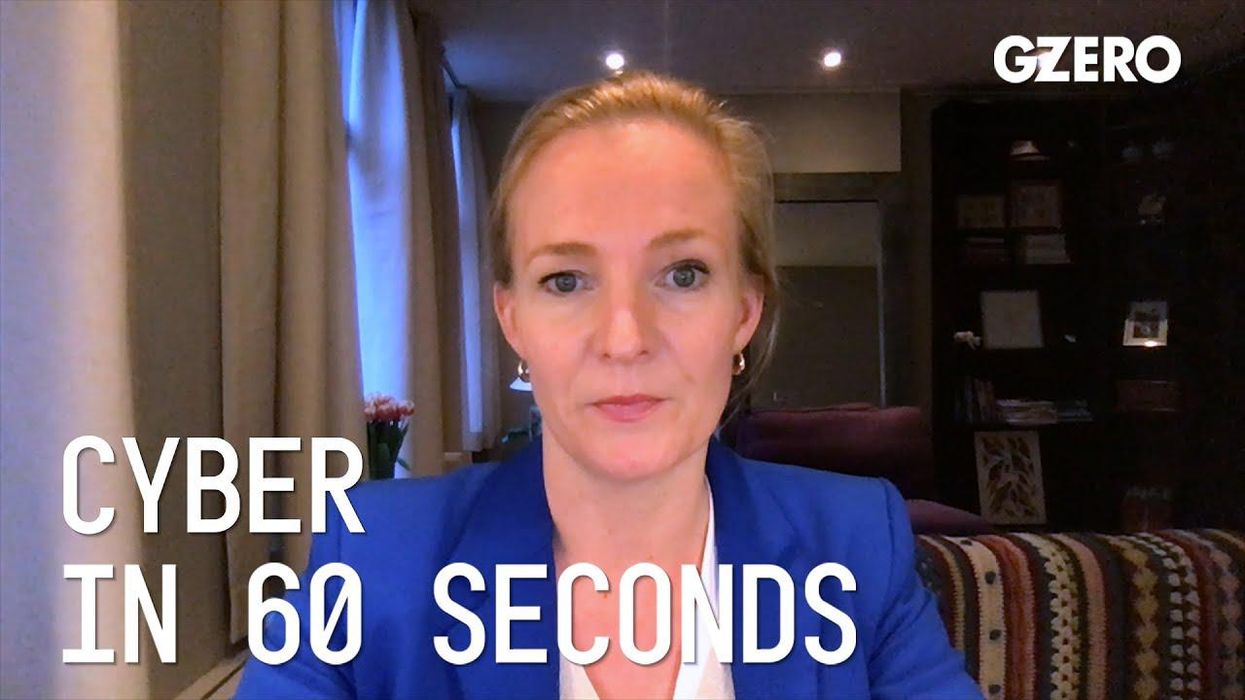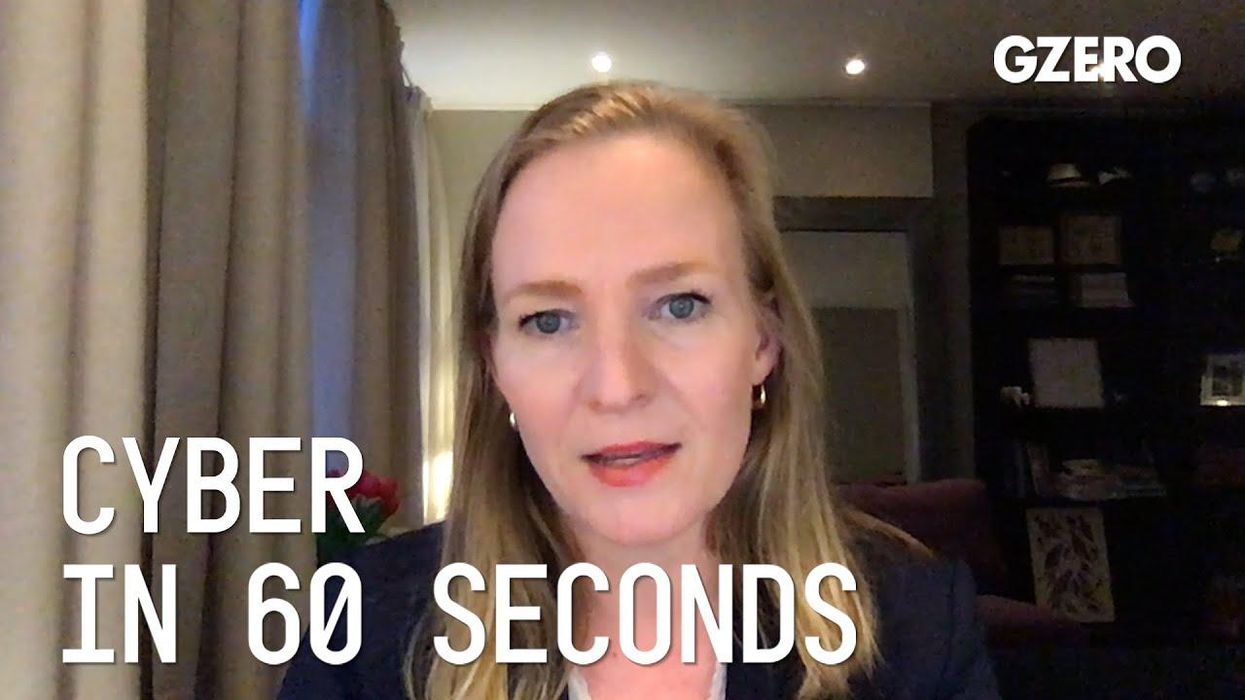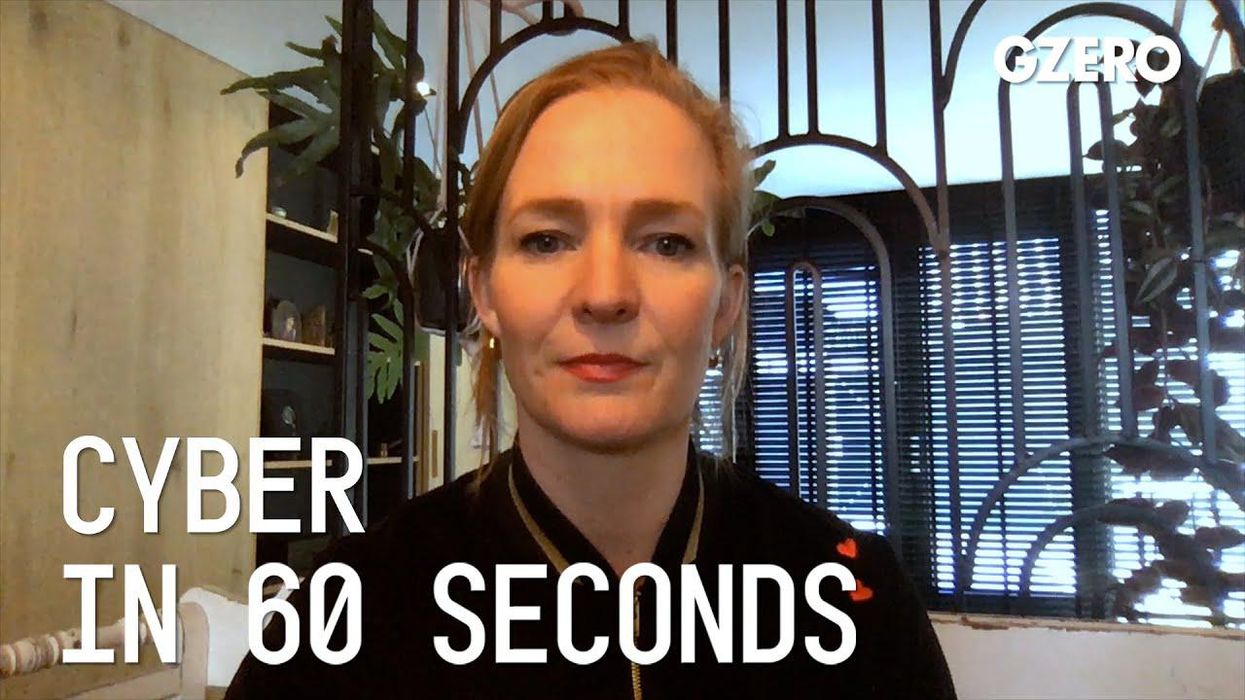VIDEOSGZERO World with Ian BremmerQuick TakePUPPET REGIMEIan ExplainsGZERO ReportsAsk IanGlobal Stage
Site Navigation
Search
Human content,
AI powered search.
Latest Stories
Sign up for GZERO Daily.
Get our latest updates and insights delivered to your inbox.
Global Stage: Live from Munich
WATCH RECORDING
Cyber in 60 Seconds
Presented by
Marietje Schaake, International Policy Director at Stanford's Cyber Policy Center, Eurasia Group senior advisor and former MEP, discusses trends in big tech, privacy protection and cyberspace:
China is to ban kids from playing video games for more than three hours a week. But why and how?
Well, controlling the time that kids spend online fits in a pattern of growing paternalism from a state that wants to control its population in every possible way. This time around, the gaming industry is made responsible for enforcing the time limits in China that foresee in a true diet of gaming; one hour per day on Friday, Saturday, or Sunday. And of course, children are vulnerable. Protecting them from addictive and violent activities can be a very wise choice that parents want to make. There are also laws in a number of countries that limit advertisements that target children, for example. But whether the latest restrictions on gaming in China will work or instead will inspire a young generation to learn of clever circumvention remains to be seen.
With US agencies looking to expand the use of facial recognition tech, what are the security concerns?
Well, I see moral, legal, and operational concerns around the mass deployment of facial recognition systems. For one, they do not always work accurately and even if they do, privacy rights are at stake for all. But with false positives, innocent people end up being targets. And there's a real risk of mission creep. Black men specifically but other minorities more generally, end up being particularly vulnerable to the bias, misidentification, and abuse of facial recognition systems. So from the point of view of their safety, these systems should not be used.
Keep reading...Show less
More from Cyber in 60 Seconds
Watching Russia: cyber threats & disinformation
March 18, 2022
Cyber warfare & disinformation play key role in Russia Ukraine conflict
February 24, 2022
Constant Russian attacks on Ukraine in cyberspace
February 17, 2022
NFTs: Hype, mainstream growth - & implications
February 10, 2022
US pushes back on EU's proposed laws impacting US tech companies
February 04, 2022
Europe and the US can’t agree on how to regulate Big Tech
January 28, 2022
Tech companies' role in the spread of COVID-19 misinformation
January 12, 2022
How tech was used to harm democracy on January 6
January 07, 2022
Can political leadership prevent cyberattacks in 2022?
December 30, 2021
Biggest cybersecurity threat to watch in 2022
December 23, 2021
Spyware concerns prompt US Congress to move toward sanctions
December 17, 2021
Biden's Summit for Democracy gets slow start on tech concerns
December 10, 2021
EU's proposed DSA and DMA laws would broadly regulate digital economy
December 03, 2021
Facebook metaverse launch leads other Big Tech firms to focus on AR/VR
November 24, 2021
Amazon satellites and Project Kuiper: next steps in Big Tech space race
November 05, 2021
Russian hackers target US tech companies with little accountability
October 28, 2021
Do cryptocurrencies undermine US sanctions?
October 22, 2021
How will the global corporate tax deal impact tech companies?
October 13, 2021
Facebook's terrible week proves tech policy changes are needed
October 08, 2021
The US and EU further talks on technology governance
October 01, 2021
QUAD supply chain strategy to consider values; new AI-powered weapons
September 22, 2021
Beware perpetual cyberattacks, and protect education data
September 14, 2021
El Salvador’s risky move to Bitcoin; future of Singapore patrol robots
September 10, 2021
QR codes and the risk to your personal data
July 28, 2021
Cloud computing and US cybersecurity
June 03, 2021
The dangers of deepfakes and the need for norms around trust
March 25, 2021
SolarWinds hack a wake-up call to the tech sector
March 04, 2021
EU & US: democracy frames tech approaches; Australia & Facebook flipflop
February 24, 2021
GZERO Series
GZERO Daily: our free newsletter about global politics
Keep up with what’s going on around the world - and why it matters.
